Our School Curriculum
Our school curriculum draws on the National Curriculum (2014) but is heavily adapted to suit our learners.
In each year group, the following subjects are taught each day:
- English
- Mathematics
These subjects are taught each week:
- Science
- Computing
- Physical Education
- Music
- PSHE
The rest of the curriculum time is blocked into knowledge-rich enquiry topics based around the following subjects:
- History (Spring 1 and Summer 1)
- RE (Autumn 2)
- Geography (Autumn 1)
- Art (Summer 2)
- Reflect and Review (Spring2)
More details about how each subject is taught and educational philosophy that underpins this can be found on the subject specific page. For a year-by-year breakdown, you can visit each year group's page.
A 3D Curriculum
Our school's curriculum model is that of a '3D Curriculum'. This focuses on making links between different topics and year groups rather than studying topics in isolation. There are three main types of link:
- Vertical Links: within a subject over the years
- Horizontal Links: between subjects in a year
- Diagonal Links: between year groups AND subjects
The document below shows how our knowledge-rich enquiry topics have been mapped out over the course of KS1 and KS2 to create links between key high-yield concepts (e.g. warfare, settlement or persecution).
3D curriculum
SMSC
Global Curriculum
Threaded through all teaching and learning are planned opportunities and focus on developing the children as 'Global Citizens'. The global dimension to our curriculum helps pupils understand global issues and explore ways of addressing them within and beyond school.
All Learning Showcase

We believe in…
Meaningful and purposeful writing tasks that interest and engage all children.
Sharing children’s writing with a wider audience to further motivate children and make it purposeful.
Providing children with the fundamental foundations in reading and writing that will prepare them for opportunities and experiences of later life.
Children experiencing a wide variety of genres including narratives, explanations, descriptions, comparisons, summaries and evaluations.
Embedding reading and writing skills across the curriculum by carefully planning opportunities for children to develop their skills and acquisition of knowledge.
Deep and meaningful texts that are carefully selected to promote the spiritual, moral, social and cultural development of children.
High expectations for every child by planning challenging work for pupils whose attainment is significantly above the expected standard and for pupils who have low levels of prior attainment.
Effective use of assessment to set targets, which are ambitious and address gaps in children’s learning.
All children being able to read fluently and have a clear understanding of what they are reading.
Every child a lifelong reader by encouraging them to read for pleasure. All staff should promote a genuine passion and love of books.
Using a wide range of texts that stimulate children’s imaginations, challenge and broaden their thinking.
Real time feedback, which moves learning forward and closes any gaps.
Using appropriate scaffolds and support so that all children are able to succeed.
Teaching English:
English is at the heart of the Harrow Gate Academy curriculum. A daily English session is to be provided for at least one hour and should follow the National Curriculum in England – programmes of study key stages 1 & 2 and the CLPE Power of Reading text based curriculum. Children will be given the opportunity to read a wide range of high quality texts and write in a variety of ways.

At Harrow Gate Primary Academy, CLPE (Centre for Literacy in Primary Education) is at the heart of our English curriculum. We are incredibly honoured to be recognised as a CLPE Associate School for the way in which we have embedded 'The Power of Reading' and 'The Power of Pictures' into our English Curriculum. You can use the link below to find out more information about the incredible work that CLPE do.
Click here to visit the CLPE website
English
Harrow Gate Primary Academy English








English
At Harrow Gate, our ultimate goal of teaching phonics is that our children are able to read fluently, recognising most words instantly and using phonics to decode any unknown words.
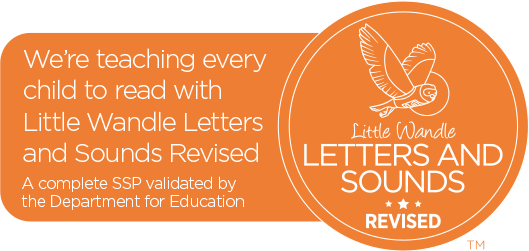 At our school, we follow Little Wandle Letters and Sounds Revised, a systematic phonics programme that helps children learn to read, spell and write with confidence. Lessons are carefully structured and taught daily, giving children the tools they need to build strong foundations in early reading.
At our school, we follow Little Wandle Letters and Sounds Revised, a systematic phonics programme that helps children learn to read, spell and write with confidence. Lessons are carefully structured and taught daily, giving children the tools they need to build strong foundations in early reading.
From the very start of Reception, children are introduced to the sounds that letters make and how to blend them together to read words. As they move through school, these skills are built on step by step, with plenty of practice and support to make sure every child keeps up.
Reading books are carefully matched to each child’s phonics stage so they can enjoy success and grow in confidence as readers. Alongside this, children take home books to share, helping to develop a love of stories and reading for pleasure.
Our aim is simple: to give every child the best possible start on their reading journey.
For more information about Little Wandle, as well as useful videos for parents and carers, click on the image below:
Supporting your child with reading
Although your child will be taught to read at school, you can have a huge impact on their reading journey by continuing their practice at home. There are two types of reading book that your child may bring home:
A reading practice book
This book has been carefully matched to your child’s current reading level. If your child is reading it with little help, please don’t worry that it’s too easy – your child needs to develop fluency and confidence in reading.
Listen to them read the book. Remember to give them lots of praise – celebrate their success! If they can’t read a word, read it to them. After they have finished, talk about the book together.
A sharing book
In order to encourage your child to become a lifelong reader, it is important that they learn to read for pleasure. The sharing book is a book they have chosen for you to enjoy together.
Please remember that you shouldn’t expect your child to read this alone. Read it to or with them. Discuss the pictures, enjoy the story, predict what might happen next, use different voices for the characters, explore the facts in a non-fiction book. The main thing is that you have fun!
Phonics Support

At Harrow Gate, CLPE Power of Reading is at the heart of our English curriculum. Our aim is to foster a love of books in every classroom and the following factors which will be present with a successful ‘Reading for Pleasure’ culture.
CLPE Power of Reading inspires a love of books and develops confident, creative readers and writers. This approach uses high-quality children’s literature at the heart of learning. Each text is carefully chosen to engage pupils, spark imagination and encourage deep thinking.
Through drama, discussion, art and writing, children explore stories in meaningful ways. They don’t just learn to read—they experience the text, making connections and developing a rich vocabulary. This leads naturally into writing, where pupils are motivated to create their own pieces inspired by the books they love.
By using the Power of Reading across the school, we build a strong reading culture where children see themselves as readers and writers, ready to enjoy books for life.
Our aim is to foster a love of books in every classroom and the following factors which will be present with a successful ‘Reading for Pleasure’ culture.
These include:
- Developing an ethos and an environment that excites, enthuses, inspires and values
- High quality texts with depth and interest in story, character, illustration, vocabulary, structure and subject matter
- A read aloud programme
- Teachers who are knowledgeable about children’s literature
- Creating a community of readers with opportunities to share responses and opinions
- Planning for talking about books and stories, providing structures within which to do this
 The act of reading will be valued in every classroom. Reading happens daily with class teachers taking on the role of Aidan Chamber’s enabling adult.
The act of reading will be valued in every classroom. Reading happens daily with class teachers taking on the role of Aidan Chamber’s enabling adult.
The aim for all of our children is to become what Stephen Krashen describes as ‘Free Voluntary Readers’.
Children will have a lifelong love of reading and become fluent and confident readers, who can access a range of texts for pleasure and enjoyment, as well as use their reading skills to access learning across all areas of the curriculum.
Harrow Gate Reading Canon
The canon is, "a list of works (books) considered to be permanently established as being of the highest quality". Oxford English Dictionary
Our reading canon is a carefully chosen collection of books that every child will experience during their time at our school. It ensures that all pupils are introduced to a rich variety of literature, from timeless classics to modern stories that reflect our diverse world.
By moving through the canon year by year, children develop a shared experience of high-quality texts, building not only their reading skills but also a love of literature that will stay with them for life.
Below is an example of a Year 5 reading cannon:

At Harrow Gate, we are committed to broadening our children's vocabulary. We are vocabulary rich school and take every opportunity to explore new words, recognising that a broad vocabulary is vital to fluent, accurate, confident and effective expression in both speech and writing.
Vocabulary Organisers
We Vocabulary to be taught explicitly should be identified at the planning stage of your Power of Reading text. Subject specific vocabulary to be explicitly taught is listed, with descriptions, on your year group unit plan. These words will make up the vocabulary organiser. Depending on year group the vocabulary organiser should also include word class, synonyms, homonymy and antonyms and collocation as appropriate.
Vocabulary Organiser Examples
At Harrow Gate, we believe that language is fascinating. Knowing about grammar can help readers explore how texts work and how their intended messages and effects are created.
An understanding of grammar can help writers to take control, craft and shape their writing. It is more than just a process of learning to name parts of speech, it is a matter of understanding how language works so that we can effectively communicate what we want to say and achieve the intended impact on our audience.
 During the Autumn term, we use Grammarsaurus to help children understand grammar and punctuation in a fun, meaningful way. Using the idea of place value, pupils learn that every mark and word has a purpose—just like numbers in maths. Through engaging resources, visual prompts, and interactive lessons, children learn not only how to use grammar and punctuation correctly, but also why they are important. This approach helps pupils understand that each mark or structure adds meaning, clarity, and precision to their writing—just like numbers make sense when placed in the correct order. This approach builds each year: starting with simple punctuation in Key Stage One, adding more complex grammar and sentence structures as they move through school.
During the Autumn term, we use Grammarsaurus to help children understand grammar and punctuation in a fun, meaningful way. Using the idea of place value, pupils learn that every mark and word has a purpose—just like numbers in maths. Through engaging resources, visual prompts, and interactive lessons, children learn not only how to use grammar and punctuation correctly, but also why they are important. This approach helps pupils understand that each mark or structure adds meaning, clarity, and precision to their writing—just like numbers make sense when placed in the correct order. This approach builds each year: starting with simple punctuation in Key Stage One, adding more complex grammar and sentence structures as they move through school.
At Harrow Gate, all writing is purposeful and valued. We aim to develop children as writers, who see themselves as writers and have a positive attitude towards writing. Writing is a complicated and intricate process, to enable a child to become a writer you have given them a voice, supported them to communicate and provided them with a skill that is vital for all of their schooling and in their life beyond.
Text Based Curriculum
Our school provides a text rich reading and writing environment that allows children to thrive as writers. It is a place where children see themselves as writers, are developing positive attitudes towards writing and their own authorial voice. Our vision is to become a 'writing for pleasure school' where children choose to write because they enjoy the process of writing.
.jpg)
.jpg)
.jpg)

Our English curriculum is based on high quality children's literature.
Text Based Curriculum
Creative Teaching Approaches
We use a range of creative teaching approaches, including drama and role play amongst many others, that build imagination, provide opportunities for ideation and give time for oral rehearsal.

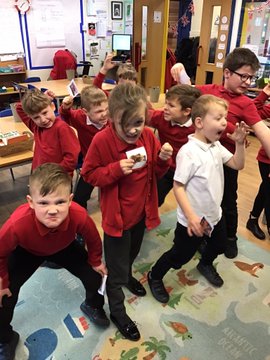
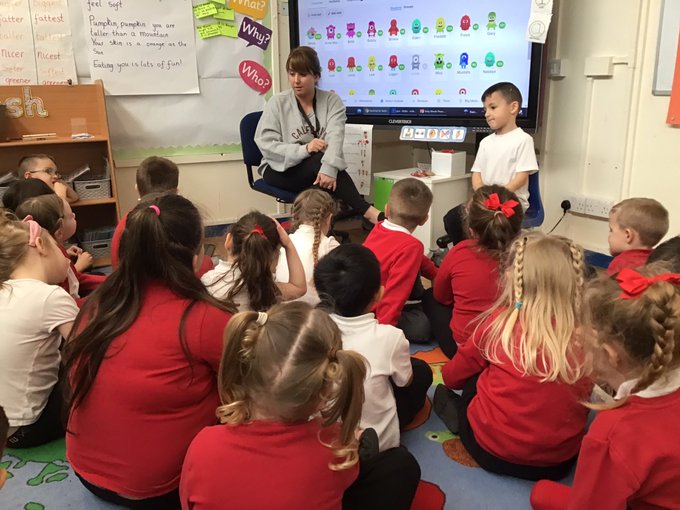

Audience and Purpose
All writing across the curriculum has to have a purpose. Children need to feel inspired and motivated to write. They need to have an audience. Children's writing is valued by the reader and is shared at every opportunity. Children are given opportunities to publish their writing and is often shared on instagram. We have had authors and illustrators comment on children's work before, which is very powerful for enabling children to see themselves as writers.
Each half term, we display the children's English work in our corridors as a celebration of their incredible work. Take a look at some examples here:
.jpg)
.jpg)
.jpg)
.jpg)
Handwriting
 At our school, we use the Letter-Join handwriting scheme to help children develop clear, fluent and confident handwriting. Starting with patterns and individual letters in the early years, children gradually move on to joining letters and writing with flow and consistency as they move through school.
At our school, we use the Letter-Join handwriting scheme to help children develop clear, fluent and confident handwriting. Starting with patterns and individual letters in the early years, children gradually move on to joining letters and writing with flow and consistency as they move through school.
Dictation is built into lessons, giving children the chance to practise handwriting while applying their spelling, grammar and punctuation skills in full sentences. This makes their practice purposeful and helps them see the link between handwriting and writing across the curriculum.
With interactive digital resources, engaging activities and regular practice, pupils build pride in their presentation and handwriting skills that will last a lifetime.
At Harrow Gate Primary Academy, our intent is to enable children to develop the skills to become strong spellers as this aids communication, literacy and future employment. Communication skills are essential for children to grow and interact successfully with the world thus helping with employment.
The art of correctly assembling words from their letters, is one of the essential components of successful writing. Learners who feel confident with letters and word patterns are able to read and comprehend more complex texts.
 We have adopted the SCODE spelling scheme for all children who have passed their phonics screening in Year 2.
We have adopted the SCODE spelling scheme for all children who have passed their phonics screening in Year 2.
The SCODE spelling programme gives children a clear, structured approach to learning spellings. SCODE breaks words down into patterns, rules and sounds, helping children to understand why words are spelled the way they are—not just memorise them.
Lessons are fun and practical, with activities that build knowledge step by step across the year groups. Children practise their spellings in different contexts, including dictation, so they can apply them confidently in their own writing.
This consistent approach helps pupils become more accurate spellers, boosting their confidence and giving them the tools they need to be successful, independent writers
The scheme teaches the spelling requirements of the National Curriculum for years 2-6 by teaching children the Advanced English Phonic Code.
The National Curriculum (2013) states; ‘The rules and guidance are intended to support the teaching of spelling. Phonic knowledge should continue to underpin spelling after key stage 1; teachers should still draw pupils’ attention to GPCs that do and do not fit in with what has been taught so far. Increasingly, however, pupils also need to understand the role of morphology and etymology’
SCODE
CONCRETE, PICTORIAL AND ABSTRACT
Lessons involve using a mixture of concrete resources developing a very practical approach to understanding key concepts (e.g. fruit, Dienes blocks etc), pictorial representations that are drawing and illustrations that would represent the concrete resources and abstract approaches using numbers and symbols in order to make connections and expose the underlying structure of the mathematics.
Key Stage 1
Key Stage 2
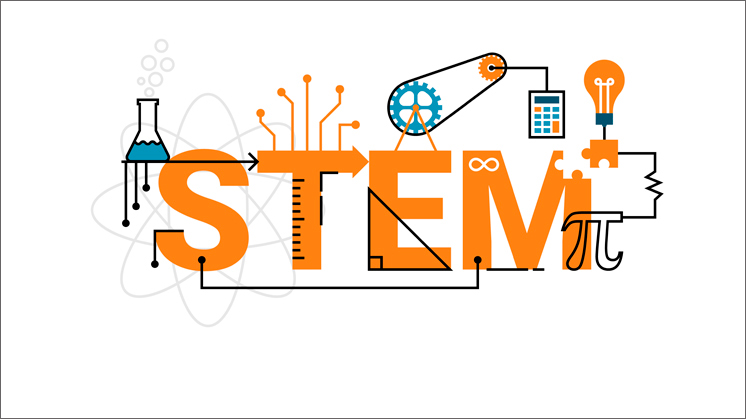
What is STEM:
STEM stands for science, technology, engineering, and mathematics. STEM is important because it pervades every part of our lives. Science is everywhere in the world around us. Technology is continuously expanding into every aspect of our lives. Engineering is the basic designs of roads and bridges, but also tackles the challenges of changing global weather and environmentally-friendly changes to our home. Mathematics is in every occupation, every activity we do in our lives. By exposing students to STEM and giving them opportunities to explore STEM-related concepts, they will develop a passion for it and hopefully pursue a job in a STEM field. A curriculum that is STEM-based has real-life situations to help the student learn.
STEM
STEM Blog
Science Intent:
A high-quality Science education provides the foundations for understanding the world through the specific disciplines of biology, chemistry and physics. Science has changed our lives and is vital to the world’s future prosperity, and all pupils should be taught essential aspects of the knowledge, methods, processes and uses of science. Through building up a body of key foundational knowledge and concepts, pupils should be encouraged to recognise the power of rational explanation and develop a sense of excitement and curiosity about natural phenomena. They should be encouraged to understand how science can be used to explain what is occurring, predict how things will behave, and analyse causes.
Pupils will:
- develop scientific knowledge and conceptual understanding through the specific disciplines of biology, chemistry and physics.
- develop understanding of the nature, processes and methods of science through different types of science enquiries that help them to answer scientific questions about the world around them.
- be equipped with the scientific knowledge required to understand the uses and implications of science, today and for the future.
Key concepts:
- Working scientifically encompassing the 5 types of enquiry:
- Comparative and fair testing.
- Observing over time.
- Identifying, classifying and grouping.
- Research using secondary sources.
- Pattern seeking.
- Biology
- Chemistry
- Physics
These key concepts are revisited within and across year groups so that children can relate information and ideas to each other and make sense of them.
Science at Harrow Gate
Biology

Biology is a discipline of our science curriculum and is revisited within and developed across year groups so that children can relate information and ideas to each other and make sense of the world around them.
|
Biology |
Relationships Education, Relationships and Sex Education (RSE) and Health Education.
These aspects of PSHE are taught through our statutory Science curriculum alongside the focus lessons in 'Jigsaw'.
Under the National Curriculum, the basics of sex education fall within the science curriculum. At Harrow Gate within our Biology discipline children are taught about human development, including puberty, and reproduction.
In Year 2, children learn that animals, including humans, have offspring that grow into adults. They are introduced to the concepts of reproduction and growth, but not how reproduction occurs.
In Year 5, children are taught about the life cycles of humans and animals, including reproduction. They also learn about the changes that happen in humans from birth to old age. This includes learning what happens in puberty, including periods.
Chemistry

Chemistry is a discipline of our science curriculum and is revisited within and developed across year groups so that children can relate information and ideas to each other and make sense of the world around them.
Chemistry
Physics

Physics is a discipline of our science curriculum and is revisited within and developed across year groups so that children can relate information and ideas to each other and make sense of the world around them.
Physics
Design and Technology INTENT:

Design and Technology prepares children to take part in the development of today’s rapidly changing world. Creative thinking encourages children to make positive changes to their quality of life. The subject encourages children to become autonomous and creative problem-solvers, both as individuals and as part of a team. It enables them to identify needs and opportunities and to respond by developing ideas and eventually making products and systems. Through the study of design and technology they combine practical skills with an understanding of aesthetic, social and environmental issues, as well as functions and industrial practices. This allows them to reflect on and evaluate present and past design and technology, its uses and its impacts. Design and technology helps all children to become discriminating and informed consumers and potential innovators. We live in a technological age, surrounded by artefacts and systems which have been produced, designed and made for us by other humans working together in a complex range of activities.

Through the use of an integrated STEM curriculum the children are innovative problem solvers using their acquired procedural and declarative knowledge across many subjects.
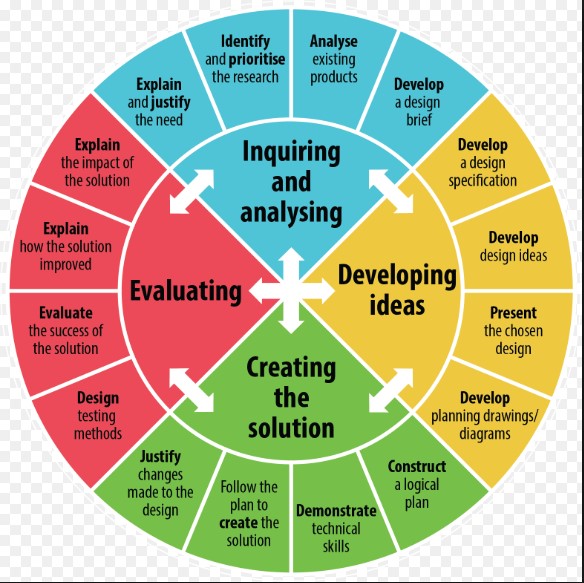
Design and Technology
"I thought the children were highly educated in Sikhism and took in knowledge like a sponge. The questions that they asked were questions I would expect from adults. I thought the children were engaged and involved with focus and attention. I think this was due to the fact that Sikhism is a simple faith with values based on Truth, Love, Warmth and Equality - I genuinely believe this clicked with them , especially as so many approached me after for even further questioning"
B.sBirk (Sikh Gurdwara, Darlington)
November 2022
Religious education has an important part to play in the development of our pupils, and in the school curriculum.
The world is shrinking. People travel further, meet people from a wide variety of cultures and backgrounds and are more connected to each other, due especially to the huge technological leaps made over recent years. Children need to embrace the changing world around them, understand and respect the beliefs and backgrounds of the people they will meet throughout their lives and develop their own set of beliefs and values. RE is a statutory subject and we aim to provide children with a broad and balanced curriculum that includes meaningful and thought-provoking approach.
We endeavour to provide Religious education, which is engaging, ignites the imagination and gives children plenty to think about. Studying sacred stories, exploring artefacts, symbols and art, spotting similarities and differences, meeting members of the local community, visiting places of worship and debating ‘big’ questions will enable children to become well-informed and thoughtful citizens of tomorrow.
Religious Education Progress
INTENT:
As successful citizens in modern Britain at Harrow Gate Academy, we want our learners to acquire and develop knowledge and understanding of the world around them in order to help them develop as young citizens. In an ever-changing world, it is important that children are aware, at an age appropriate level, of different factors that will affect their world and that they learn how to deal with these so that they have good mental health and well-being. PSHE plays an important role, along with all other curriculum areas, particularly RE, in promoting the spiritual, moral, social, and cultural development of our children.
CHARACTERISTICS OF A SUCCESSFUL CITIZEN IN MODERN BRITIAN AT HARROW GATE:
The ability to:
- demonstrate that they recognise their own worth and that of others, and identify positive ways to face new challenges.
- express their views confidently, and listen to and show respect for the views of others.
- make choices about how to develop healthy lifestyles.
- identify some factors that affect emotional health and well-being.
- identify different types of relationships and show ways to maintain good relationships.
- research, discuss and debate topical issues, problems and events.
- understand why and how rules are made and enforced, why different rules are needed in different situations and take part in making and changing rules.
- demonstrate respect and tolerance towards others, and resolve differences by looking at alternatives, making decisions and explaining choices
- show an appreciation of the diversity of religious, and ethnic identities in the United Kingdom and describe some of the different beliefs and values in society.
- recognise and apply the British Values of Democracy, Tolerance and Mutual Respect, Rule of Law and Individual Liberty and recognise ways that these support harmony within their own and wider communities
IMPLEMENTATION:
Harrow Gate Academy share the Department for Education (DfE) view that PSHE is an 'important and necessary' part of children's education and as such PSHE is taught throughout school via a dedicated discrete session each week. We ensure we cover the Health and Well-Being, Relationships and Living in the Wider World learning opportunities set out in the PSHE Association’s Programme of Study, which comprehensively cover the statutory Health Education and Relationships Education guidance. Our relationships education includes teaching about different kinds of relationships, including same sex relationships, and gender identity because we recognise the importance of providing our children with an understanding of the full diversity of the world they live in and preparing them for life in modern Britain. At Harrow Gate Academy, the sex education aspects of PSHE are taught through our statutory Science curriculum alongside the focus lessons in 'Jigsaw'.
Learning in PSHE is guided by the Jigsaw scheme of work which supports us in ensuring that learning is progressive and pitched at an age appropriate level. The Jigsaw scheme was also selected for its strong emphasis on emotional literacy, building resilience and nurturing mental and physical health.
Our whole school overview of learning can be viewed here and is used by staff to reinforce, build upon and make links between prior learning in turn supporting pupils to know more and remember more on their journey through school. Experiential learning such as visits from the school nurse or talks from a variety of different career professionals is also used to further enhance learning and to create a shared starting point on which to build further knowledge.
Click on the picture below to find out more.
The programme is made up of 6 puzzle pieces and each half term we focus on a different piece of the Jigsaw puzzle.
Autumn 1 - Piece 1: Being me in my world
Autumn 2 - Piece 2: Celebrating differences including anti-bullying
Spring 1 - Piece 3: Dreams and goals
Spring 2 - Piece 4: Healthy me
Summer 1 - Piece 5: Relationships
Summer 2 - Piece 6: Changing me
PSHE
Relationships Education
What does the DfE statutory guidance on Relationships Education expect children to know by the time they leave primary school?
Relationships Education in primary schools will cover ‘Families and people who care for me’, ‘Caring friendships’, ‘Respectful relationships’, ‘Online relationships’, and ‘Being safe’.
The expected outcomes for each of these elements can be found further on in this policy. The way the Jigsaw Programme covers these is explained in the mapping document: Jigsaw 3-11 and Statutory Relationships and Health Education.
It is important to explain that whilst the Relationships Puzzle (unit) in Jigsaw covers most of the statutory Relationships Education, some of the outcomes are also taught elsewhere in Jigsaw e.g. the Celebrating Difference Puzzle helps children appreciate that there are many types of family composition and that each is important to the children involved. This holistic approach ensures the learning is reinforced through the year and across the curriculum.
Health Education
What does the DfE statutory guidance on Health Education expect children to know by the time they leave primary school?
Health Education in primary schools will cover ‘Mental wellbeing’, ‘Internet safety and harms’, Physical health and fitness’, Healthy eating’, ‘Drugs, alcohol and tobacco’, ‘Health and prevention’, ‘Basic First Aid’, ‘Changing adolescent body’.
The expected outcomes for each of these elements can be found further on in this policy. The way the Jigsaw Programme covers these is explained in the mapping document: Jigsaw 3-11 and Statutory Relationships and Health Education.
It is important to explain that whilst the Healthy Me Puzzle (unit) in Jigsaw covers most of the statutory Health Education, some of the outcomes are taught elsewhere in Jigsaw e.g. emotional and mental health is nurtured every lesson through the Calm me time, social skills are grown every lesson through the Connect us activity and respect is enhanced through the use of the Jigsaw Charter.
Also, teaching children about puberty is now a statutory requirement which sits within the Health Education part of the DfE guidance within the ‘Changing adolescent body’ strand, and in Jigsaw this is taught as part of the Changing Me Puzzle (unit).
Again, the mapping document transparently shows how the Jigsaw whole-school approach spirals the learning and meets all statutory requirements and more.
Sex Education
The DfE Guidance 2019 (p.23) recommends that all primary schools ‘have a sex education programme tailored to the age and the physical and emotional maturity of the pupils.
However, ‘Sex Education is not compulsory in primary schools’. (p. 23)
Schools are to determine the content of sex education at primary school. Sex education ‘should ensure that both boys and girls are prepared for the changes that adolescence brings and – drawing on knowledge of the human life cycle set out in the national curriculum for science - how a baby is conceived and born’.
At Harrow Gate Primary Academy, we believe pupils need to learn about the physical and emotional changes associated with puberty before they experience them, so that they have the correct information about how to take care of their bodies and keep themselves safe
We define Sex Education as; the provision of information about bodily developments, sex, sexuality and relationships, to help the pupils communicate about and make informed decisions regarding their health and choices.
We intend to teach this mainly within Science. Lessons within Jigsaw will be shared with parents prior to the teaching so that any discussion, questions and concerns can be shared.
Parents’ right to request their child be excused from Sex Education
“Parents have the right to request that their child be withdrawn from some or all of sex education delivered as part of statutory Relationships and Sex Education” DfE Guidance p. 17
At Harrow Gate Primary Academy, puberty is taught as a statutory requirement of Health Education and covered by our Jigsaw PSHE Programme in the ‘Changing Me’ Puzzle (unit), and we conclude from the DFE Guidance that sex education refers to Human Reproduction. In order to teach this in a scientific context, and knowing that National Curriculum Science requires children to know how mammals reproduce, we have opted to teach this within our Science curriculum, not within PSHE or Relationships and Sex Education as we believe this is most appropriate for our children.
Therefore, the parent right to withdraw their child is not applicable. We are of course happy to discuss the content of the curriculum and invite you to contact Mrs Galt.
RSHE |
Parents were consulted in May 2020 with regards to the addition of Relationships and Sex Education to the Harrow Gate curriculum.
RSE Consultation
At Harrow Gate Primary Academy we use The Zones of Regulation. The Zones of Regulation is an internationally-renowned intervention which helps children to manage difficult emotions, known as ‘self-regulation’.
Self-regulation can go by many names such as ‘self-control’, ‘impulse management’ and ‘self-management’. Self-regulation is best described as the best state of alertness for a situation. For example, when your child takes part in a sports game, they would need to have a higher state of alertness than when, for example, they were working in a library.
From time to time, all of us (including adults) find it hard to manage strong feelings such as worry, anger, restlessness, fear or tiredness, and this stops us from getting on with our day effectively. Children who feel these emotions often find it hard to learn and concentrate in school. The Zones of Regulation aims to teach children strategies to help them cope with these feelings so they can get back to feeling calm and ready to learn. These coping strategies are called ‘self-regulation’.
At Harrow Gate Primary, we use the Zones of Regulation throughout the whole school. We teach all of our children good coping and regulation strategies so they can help themselves when they experience the range of emotions. In the classroom, sometimes children panic when faced with a tricky learning problem or challenge. By teaching them how to cope with these feelings, we might make them better at tackling learning challenges and build better resilience so they don’t give up so easily when faced with difficulty.
We want children at Harrow Gate Primary to grow into successful teenagers then adults. Teaching the children at a young age about managing their feelings will support them in later life so that they don’t turn to negative coping strategies which affect their mental and physical wellbeing.
We aim to help children to:
- Recognise when they are in the different Zones and learn how to change or stay in the Zone they are in.
- Increase their emotional vocabulary so they can explain how they are feeling.
- Recognise when other people are in different Zones, thus developing better empathy.
- Develop an insight into what might make them move into the different Zones.
- Understand that emotions, sensory experiences such as lack of sleep or hunger and their environment might influence which Zone they are in.
- Develop problem-solving skills and resilience
- Identify a range of calming and alerting strategies that support them (known as their personal ‘toolkit’.)
What are the different Zones?
Blue Zone: low level of arousal; not ready to learn; feels sad, sick, tired, bored, moving slowly.
Green Zone: calm state of alertness; optimal level to learn; feels happy, calm, feeling okay, focused.
Yellow Zone: heightened state of alertness; elevated emotions; has some control; feels frustrated, worried, silly/wiggly, excited, loss of some control.
Red Zone: heightened state of alertness and intense emotions; not an optimal level for learning; out of control; feels mad/angry, terrified, yelling/hitting, elated, out of control.
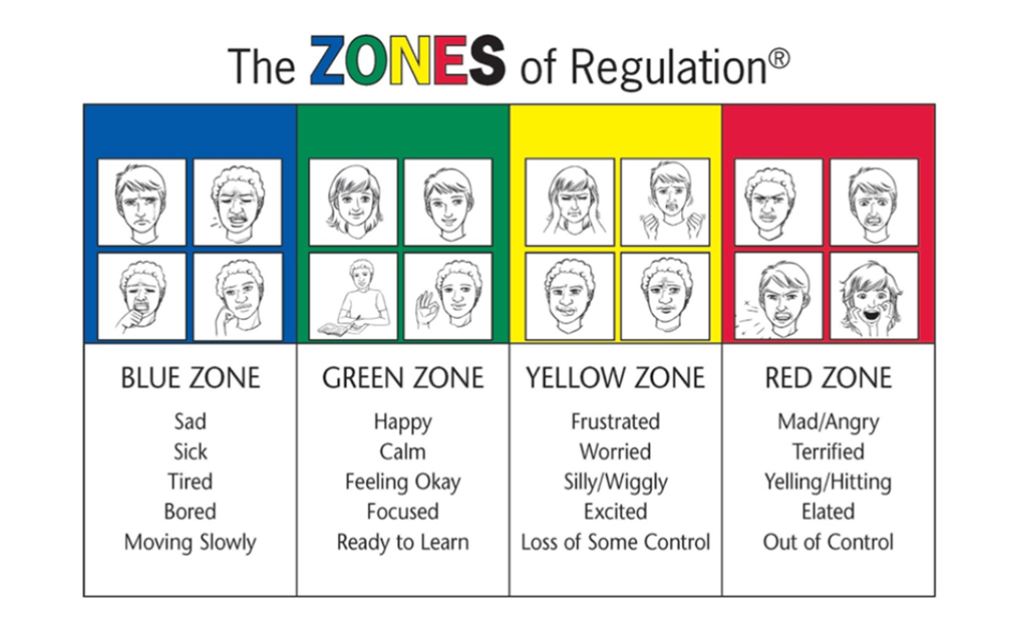
We will teach the children that everyone experiences all of the Zones. The Red and Yellow zones are not ‘bad’ or ‘naughty’ Zones. All of the Zones are expected at one time or another. We will show them that the Blue Zone, for example, is helpful when you are trying to fall asleep.
How will my child learn about the Zones of Regulation?
We will be introducing the Zones through discrete teaching lessons and through our PSHE curriculum. We will also be using the Zones language as part of daily school life so all staff will be referring to them, not just their class teacher.
Some children might prefer not to use the ‘Zones language’ but label the emotions directly – this is fine and encouraged!
How can you help your child use The Zones of Regulation at home?
- Identify your own feelings using Zones language in front of your child (e.g.: I’m frustrated. I think I am in the Yellow Zone.”)
- Talk about what tool you will use to be in the appropriate Zone (e.g.: “I need to take four deep breaths to help get me back to the Green Zone.”)
- At times, wonder which Zone your child is in. Or, discuss which Zone a character in a film / book might be in. (e.g.: “You look sleepy. Are you in the Blue Zone?”)
- Engage your child in discussion around Zones when they are in the Red Zone is unlikely to be effective. You need to be discussing the different Zones and tools they can use when they are more regulated / calm.
- Teach your child which tools they can you. (eg: “It’s time for bed. Let’s read a book together in the comfy chair to get you in the Blue Zone.”)
- Regular Check-ins. “How are you feeling now?” and “How can you get back to Green?”
- Modelling It is important to remember to show the children how you use tools to get back to the green zones. You might say “I am going to make myself a cup of tea and do some breathing exercises because I am in the blue zone” and afterwards tell your child how using those tools helped you get back to the green zone.
- Share how their behaviour is affecting your Zone. For example, if they are in the Green Zone, you could comment that their behaviour is also helping you feel happy / go into the Green Zone.
- Put up and reference the Zones visuals and tools in your home.
- Praise and encourage your child when they share which Zone they are in.
Tips for practicing the Zones of Regulation
- Know yourself and how you react in difficult situations before dealing with your child’s behaviours.
- Know your child’s sensory threshold. We all process sensory information differently and it impacts our reactivity to situations.
- Know your child’s triggers.
- Be consistent in managing your child’s behaviour and use the same language you use at home.
- Empathise with your child and validate what they are feeling.
- Have clear boundaries/routines and always follow through.
- Do not deal with an angry, upset child when you are not yet calm yourself.
- Discuss strategies for the next time when you are in a similar situation.
- Remember to ask your child how their choices made you feel (empathy).
- Praise your child for using strategies. Encourage your child to take a sensory break to help regulate their bodies.
- Create a ‘calm’ box full of things which help to keep your child calm and alert. Advice about what could go in the box can be found on our website in the ‘Zones Toolkit’ section.
Common questions about the Zones of Regulation
Can my child be in more than one zone at the same time?
Yes. Your child may feel tired (blue zone) because they did not get enough sleep, and anxious (yellow zone) because they are worried about an activity at school. Listing more than one Zone reflects a good sense of personal feelings and alertness levels.
Should children be punished for being in the RED Zone?
It’s best for children to experience the natural consequences of being in the RED zone. If a child’s actions/choices hurt someone or destroys property, they need to repair the relationship and take responsibility for the mess they create. Once the child has calmed down, use the experience as a learning opportunity to process what the child would do differently next time.
Can you look like one Zone on the outside and feel like you are in another Zone on the inside?
Yes. Many of us “disguise” our Zone to match social expectations. We use the expression “put on a happy face” or mask the emotion so other people will have good thoughts about us. Parents often say that their children “lose it” and goes into the Red Zone as soon as they get home. This is because children are increasing their awareness of their peers and expectations when in the classroom. They make every effort to keep it together at school to stay in the Green Zone. Home is when they feel safe to let it all out.
Tools for Developing Coping Skills
As part of our learning about the Zones of Regulation, children will get to choose ‘tools’ to go in their toolkits.

These ‘tools’ aren’t just for school: they can be used at home too so you can help your child to regulate (manage) their emotions.
What would go in your Zones of Regulation toolkit? Think about:
- What helps you to calm down when you are stressed?
- What helps you to focus when you are tired?
- What do you do to calm down when you are angry?
Different tools work for different people. Can you help your child choose what works for them when they need to move from one zone to another?
Use the link below to explore lots of ideas for helping your child to regulate their emotions including:
- Sensory tools
- Breathing techniques
- Grounding techniques
- Calming activities
- Thinking techniques
Zones of Regulation
Physical Education at Harrow Gate Primary
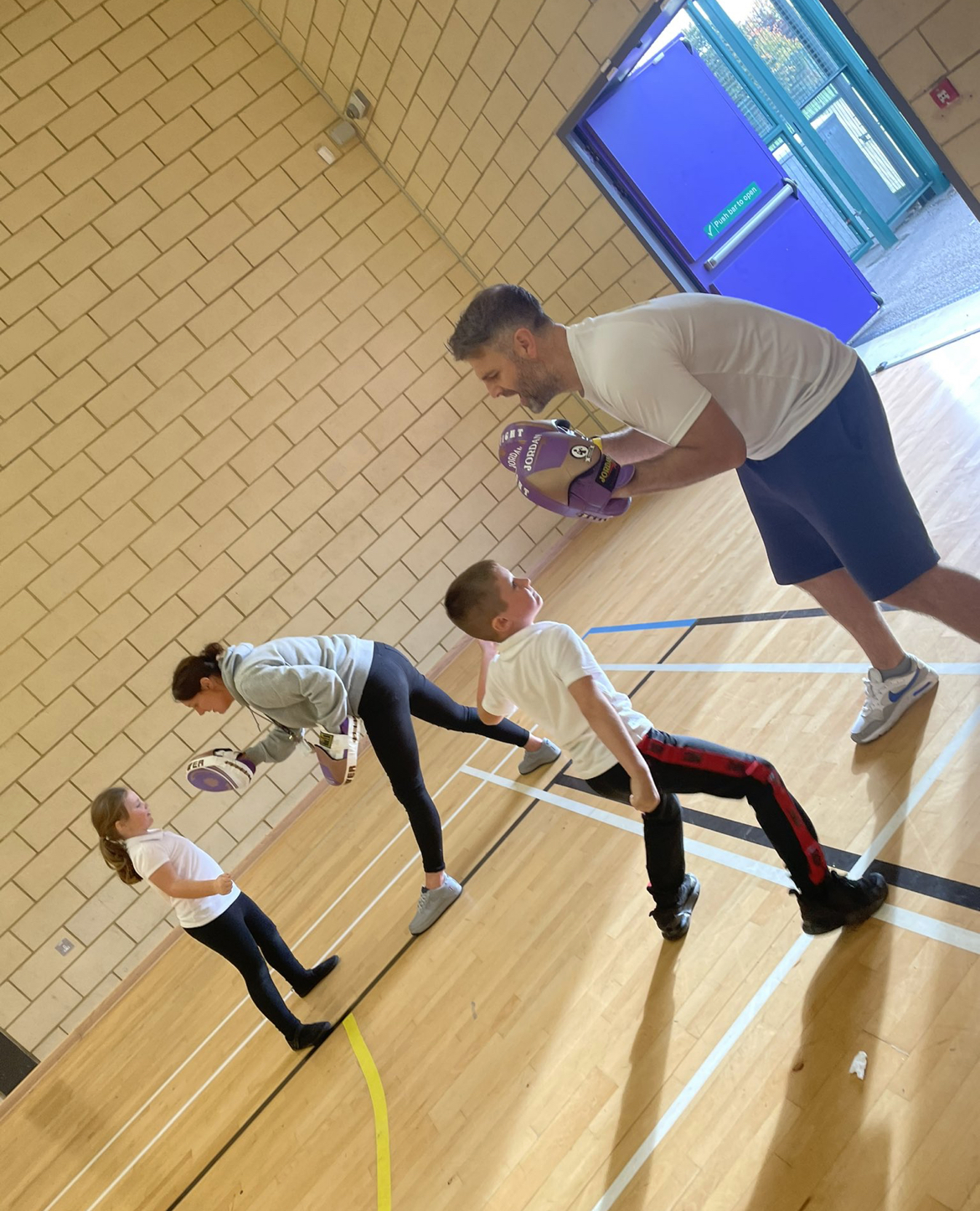
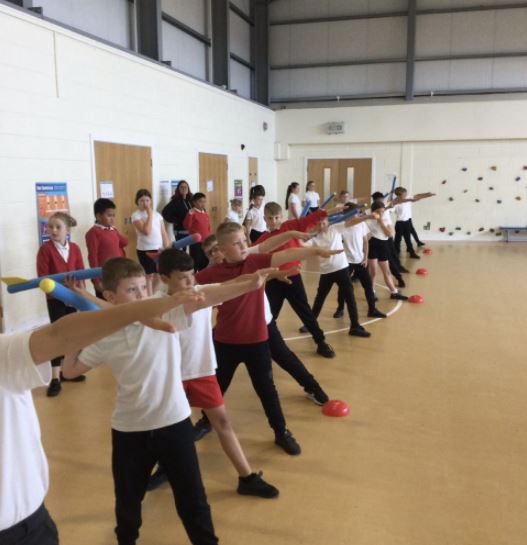
Physical education plays a crucial role in the education of the whole child. It contributes directly to development of physical ability and health and fitness, and helps children learn to make informed choices and understand the value of leading a physically active lifestyle. Physical education is unique to the school curriculum as the only programme that provides students with opportunities to learn fundamental movement skills, develop fitness, gain an understanding about physical activity and promote social, cooperative and problem-solving abilities in children. Through physical education, pupils learn about the benefits of being physically active as well as the skills and knowledge to incorporate safe, satisfying physical activity within their lifestyle.
Curriculum Intent for Physical Education
At Harrow Gate we promote a high-quality physical education curriculum that inspires all pupils to participate, succeed and excel in friendly and competitive sport. A broad and balanced curriculum will explore a variety of physically demanding activities: athletics, dance, gymnastics, invasion games, outdoor and adventurous activities. It provides opportunities for pupils to become competent, confident and motivated in physical and sporting activity, which supports their physical and mental health. We ensure our pupils have opportunities to participate and compete in sport and other activities, build character and help embed core values; RESPECT - resilience, empathy, self-awareness, positivity, excellence, communication and teamwork.
The national curriculum for physical education aims to ensure that all pupils:
- develop competence to excel in a broad range of physical activities
- are physically active for sustained periods of time
- engage in competitive sports and activities
- lead healthy, active lives
At Harrow Gate pupils develop knowledge of:
- Motor competence - accurate movements, movement patterns, movement techniques and sequences
- Rules, strategies and tactics - children learn how to safely and successfully apply conventions and regulations and strategies that are specific to participation in an activity or sport
- Healthy participation - safe practice, how to participate, short and long term impacts of participation
<iframe src="https://northfieldssc.sharepoint.com/sites/StocktonSchoolsSportsPartnershipPEGroup/_layouts/15/embed.aspx?UniqueId=b8c253b9-eb8f-4843-b396-314c14b897cf&embed=%7B%22ust%22%3Atrue%2C%22hv%22%3A%22CopyEmbedCode%22%7D&referrer=StreamWebApp&referrerScenario=EmbedDialog.Create" width="640" height="360" frameborder="0" scrolling="no" allowfullscreen title="Stockton 1.mp4"></iframe>
PE curriculum at Harrow Gate - Complete PE
Complete P.E. is an interactive Physical Education resource designed to support the implementation of a High Quality Physical Education Curriculum. Our curriculum has been mapped across the 6 half terms to ensure mastery and depth in the chosen sports and activities. We have fine-tuned our curriculum to align with the National Curriculum, ensure progression goes beyond basic expectations, provides competency in chosen sports, ensure children understand rules, strategies and tactics, as well as promotes healthy participation. The 6 chosen disciplines have been selected by taking into consideration what the local Secondary schools offer to ensure a transition of skills and mastery can be fluid. From Early Years to Year 6, a progression of skills ensures that children build on and extend their capabilities towards a level on competency and mastery.
Our Curriculum Map:

Personal development in PE
At Harrow Gate Primary Academy, pupils are taught the values and reasons behind laws that govern and protect us through the application of rules in a variety of sports. This includes the justification of rules in order to protect, respect and gain appreciation for team mates and opponents. Pupils are supported in their democratic decisions in all sporting activities to ensure that children are always listened to and are taught to listen to others and respect everyones' right to be involved sport.
PE Progression of Skills Documents
Key stage 1 Pupils should be taught to:
- master basic movements including running, jumping, throwing and catching, as well as developing balance, agility and co-ordination, and begin to apply these in a range of activities
- participate in team games, developing simple tactics for attacking and defending
- perform dances using simple movement patterns
Key stage 2 Pupils should be taught to:
- use running, jumping, throwing and catching in isolation and in combination
- play competitive games, modified where appropriate [for example, badminton, basketball, cricket, football, hockey, netball, rounders and tennis], and apply basic principles suitable for attacking and defending
- develop flexibility, strength, technique, control and balance [for example, through athletics and gymnastics]
- perform dances using a range of movement patterns
- take part in outdoor and adventurous activity challenges both individually and within a team
- compare their performances with previous ones and demonstrate improvement to achieve their personal best
Swimming and water safety:
As per, the National Curriculum (2014), all schools must provide swimming instruction either in key stage 1 or key stage 2.
At Harrow Gate Primary we provide a 2 week intensive swimming programme for year 5 and Year 6 children at a local swimming pool. We aim for all children leave us with the ability to:
- swim competently, confidently and proficiently over a distance of at least 25 metres
- use a range of strokes effectively (for example, front crawl, backstroke and breaststroke)
- perform safe self-rescue in different water-based situations
Stockton School Sports Partnership:
As a school, we endeavour to ensure that our children experience a range of sports, skills and competitive events. This is why we are part of the part of the Stockton School Sports Partnership. We work closely with local schools within the Partnership - http://northfieldssc.org/ssp - to create opportunities for children to develop their physical, social and emotional skills through experiencing high quality PE, competition and sports leadership. The Stockton Schools Sport Partnership supports schools to:
- Engage their students in regular activity to kick start healthy & active lifestyles.
- Increase the confidence, knowledge and skills of teachers and wider school staff in delivering PE & school sport.
- Access a broader experience of a range of sports and activities for all pupils.
- Encourage increased participation in competitive sport and helping young people to achieve their personal best.
- Use sport as a tool for whole school improvement
French is taught in Key Stage Two through our scheme of work Rising Stars: French Euro Stars.
MFL Curriculum
Our scheme of work explained
French units overview
New Primary French Pack 1 (Year 3)
1. Moi (All about me)
2. Jeux et chansons (Games and songs)
3. On fait la fête (Celebrations)
4. Portraits (Portraits)
5. Les quatre amis (The four friends)
6. Ça pousse! (Growing things)
New Primary French Pack 2 (Year 4)
1. On y va (All aboard)
2. L’argent de poche (Pocket money)
3. Raconte-moi une histoire! (Tell me a story)
4. Vive le sport! (Our sporting lives)
5. Le Carnaval des Animaux (The Carnival of Animals)
6. Quel temps fait-il? (What's the weather like?)
New Primary French Pack 3 (Year 5)
1. Bon appétite, bonne santé (Healthy eating)
2. Je suis le musician (I am the music man)
3. En route pour l’école (On the way to school)
4. Scène de plage (Beach scene)
5. Le retour du printemps (The return of spring)
6. Les planètes (The planets)
New Primary French Pack 4 (Year 6)
1. Notre école (Our school)
2. Notre monde (The world about us)
3. Le passé et le present (Then and now)
4. Monter un café (Setting up a café)
5. Quoi de neuf? (What’s in the news?)
Curriculum Intent
History intends to prepare each student for their next phase of education whilst at the same time giving all students a broad and balanced view of the History of Britain and other societies and epochs. Our aim is that the children fully embrace history and are able to see history as an historian, to fully understand how the past impacts the future and their role in creating future history now. In this, students will develop a well-rounded knowledge of the past and its events, with intention to improve every students’ cultural capital, understanding of the world around them and their own heritage. History at Harrow Gate aims to be ambitious, and motivating. Ambitious in our coverage of History and thorough teaching of Historical skills. Motivating, through engaging activities, trips and visitors that give all students an opportunity to question the past.
At Harrow Gate Primary School, we have designed our History curriculum with the intent that our children will:
- Become increasingly critical and analytical thinkers
- Possess a secure understanding of the chronology of the British Isles and other import periods of History
- Discover links and connections to the History they learn and the wider community and locality
- Further their knowledge and explanations of change and continuity over time with regards to the history of the British Isles and other societies and epochs
- Differentiate between source types and explain how interpretations in History may differ
- Draw on similarities and differences within given time frames and across previously taught History
- Enquire in to Historical themed questions and form their own opinions and interpretation of the past.
History Road Map
History Curriculum
At Harrow Gate Primary Academy, our Geography curriculum gives children the opportunity to explore and understand space and place - recognising the great differences in cultures, political systems, economies, landscapes and environments across the world, and explore the links between them.
There has never been a more important time to study geography with the growing importance of issues such as climate change, migration, environmental degradation, and inequalities. We strive to develop children who are well-informed global citizens of the work, who can go on to use their knowledge and skills to make a positive difference in this world.
Our school curriculum draws on the National Curriculum (2014) but is heavily adapted to suit our learners. We block our curriculum into knowledge-rich, enquiry based topics around the different subjects. Geography is explicitly taught in Autumn 1 and is revisted in our reflect and review half term in Spring.
Our school's curriculum model is that of a '3D Curriculum'. This focuses on making links between different topics and year groups rather than studying topics in isolation. Geography links are made between different topics and year groups rather than studying the topic in isolation. Vertical links: within a subject over the years, horizontal Links: between subjects in a year and diagonal links: between year groups and subjects.
Here is our Geography progression document that details the Geography procedural knowledge and skills for each year group. Each year group then has a detailed unit plan with which they create a personalised S Plan with for their year group, adapting the unit plan to the specific needs and interests of the children.
Geography at Harrow Gate
‘Developing a deeper understanding of people and places, and of the need to live in balance with an increasingly fragile environment, is more important than ever in today’s world.’
‘Geography: Learning to make a world of difference’, Ofsted, 2011
Earth Week
We will be holding an 'Earth Week' in May this yea to commemorate Earth Day. Click on the link below to find out more about this year's theme, 'Invest in our Planet'.
Global Curriculum
Intent
At Harrow Gate Primary Academy, we believe that high-quality Art lessons will inspire children to think innovatively and develop creative procedural understanding.
The Art curriculum provides children with opportunities to develop their skills using a range of media and materials. Children learn the skills of drawing, painting, printing, collage, textiles, 3D work and digital art and are given the opportunity to explore and evaluate different creative ideas. Children will be introduced to a range of works and develop knowledge of the styles and vocabulary used by famous artists. It is paramount that art work be purposeful; be this as a means of expression or to explore the styles of other artists that inspire our own work. Pupils should be clear what the intended outcomes are and have a means to measure their own work against this.
In Art, children are expected to be reflective and evaluate their work, thinking about how they can make changes and keep improving. This should be meaningful and continuous throughout the process, with evidence of age-related verbal and written refection. Children are encouraged to take risks and experiment and then reflect on why some ideas and techniques are successful or not for a particular project.
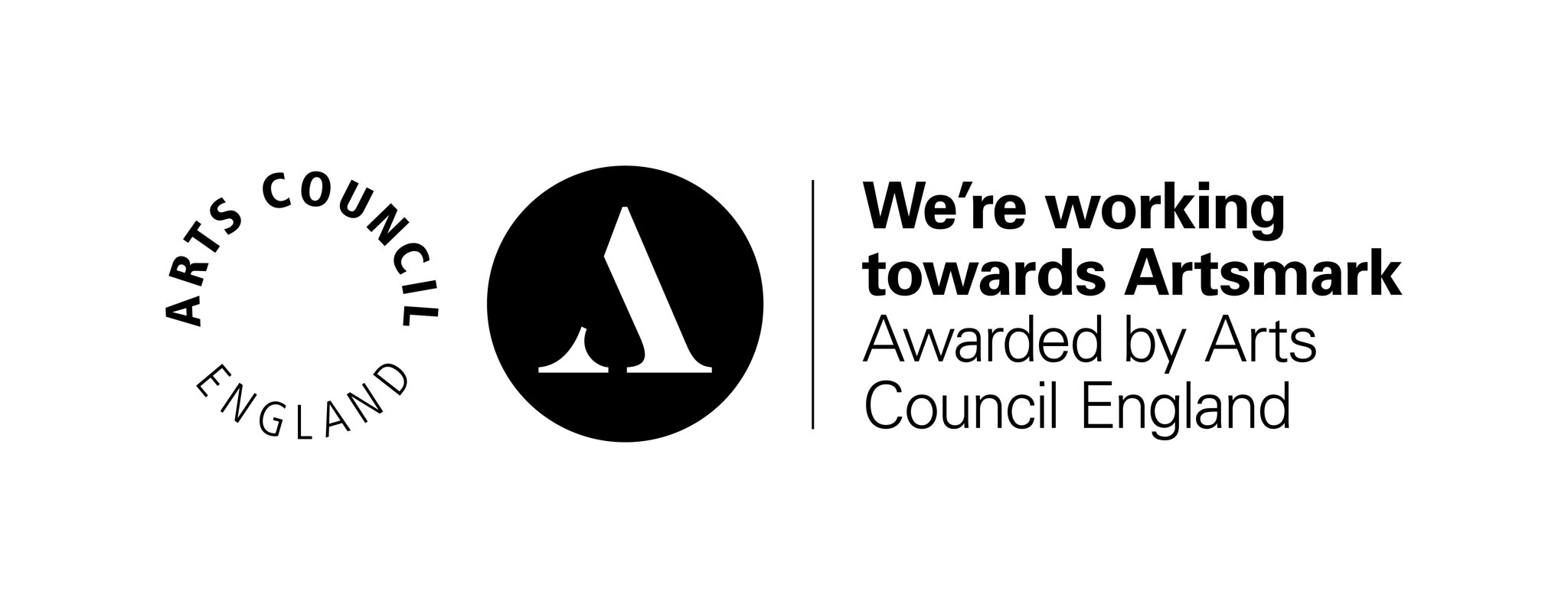
Art curriculum
After beginning our Artsmark journey last year, we have been focusing on the importance of cultural education and its place within the teaching of the arts. The Case for Cultural Learning document identifies the life-long benefits of having access to culture, as those accessing cultural education tend to achieve higher. Due to this, we have designed a curriculum, which focuses on culture through the arts and celebrates its importance in history. As part of this, we have created an art gallery space in school, where our cultural learning and art curriculum work can be reflected upon, celebrated and reviewed regularly by children and staff.
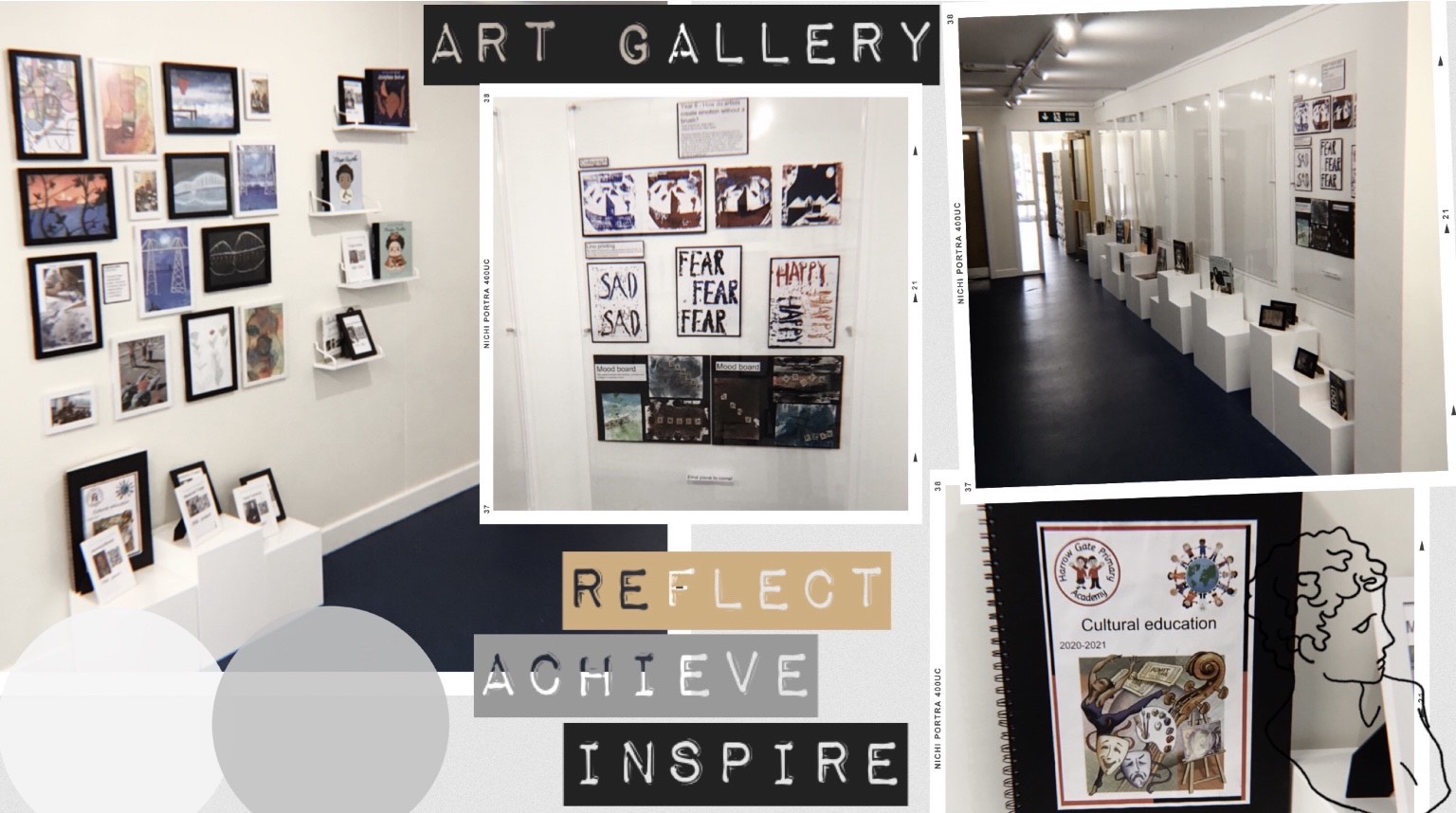
Autumn Cultural Curriculum Planning
Spring Cultural Curriculum Planning
Summer Cultural Curriculum Planning

Music at Harrow Gate Primary Academy
|
Music Development Plan - 2024-2025 |
At Harrow Gate Primary Academy we believe music is an integral part of each child’s learning journey.
Music enables children to
- Enhance their listening skills and appreciate different forms of music
- Develop the ability to concentrate
- Explore creativity
- Increase self confidence in their own abilities
- Create their own opinions and form beliefs
- Work in a group as part of a performance
- Express themselves by performing independently
- Be sensitive towards the likes and dislikes of others
- Aid memory
- Increase coordination
Curriculum Intent
At Harrow Gate we promote high quality music sessions through the use of Charanga. 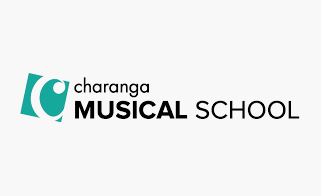
This programme was developed by music specialists to ensure clear progression and consistency throughout the school. We ensure that all children in the school are given the opportunity to take part in these weekly lessons, develop their own abilities through exploration of rhythm, beat, pitch, tone, pulse and develop creativity through song and the use of musical instruments.
The National Curriculum for Music education aims to ensure that all pupils:
- perform, listen to, review and evaluate music across a range of historical periods, genres, styles and traditions, including the works of the great composers and musicians
- learn to sing and to use their voices, to create and compose music on their own and with others, have the opportunity to learn a musical instrument, use technology appropriately and have the opportunity to progress to the next level of musical excellence
- understand and explore how music is created, produced and communicated, including through the interrelated dimensions: pitch, duration, dynamics tempo, timbre, texture, structure and musical notations
Music Progression Reception to Year 6
The Charanga Music School scheme provides teachers with week-by-week lesson support from Reception to Year 6.
It incorporates the use of on screen resources where the children are encouraged to; listen and appraise, create and explore musical activities and singing and performing.
Teaching is focused on developing the children’s ability to understand rhythm and follow a beat. During the sessions he children listen and appreciate different forms of music. Children develop descriptive skills when learning how music can represent different feelings and emotions.
The use technical vocabulary is imperative within each session and the children learn to use and understand language such as volume, pitch, beat, tone and rhythm.
Charanga Scheme
Charanga Scheme
External music provision
We work closely alongside Tees Valley Music service and we use their tutors to deliver whole-class music tuition to every child in the school following the Model Music Curriculum.
Pupil Premium funding is used in part to pay for these lessons so that teachers can target specific children and all children get access with no cost to parents.
The sessions learned in each year group are:
- EYFS - First thing music to enrich children's musical experience and understanding
- Year 1 - Use of voices, play tuned and untuned instruments, listening skills and experimenting with sounds.
- Year 2 - Use of voices expressively, play tuned and untuned instruments, listening and describing what they can hear and experimenting with sounds.
- Year 3 - Perform using voices and instruments, improvise and compose, listening skills and musical notation.
- Year 4 - Perform using voices and instruments, improvise and compose, listening skills, use and understand musical notation.
- Year 5 - Perform in solo and ensembles, use voices and play instruments, improvise and compose, listening skills, use and understand musical notation.
- Year 6 - Perform in solo and ensembles, use voices and play instruments, improvise and compose, listening skills, use and understand musical notation.
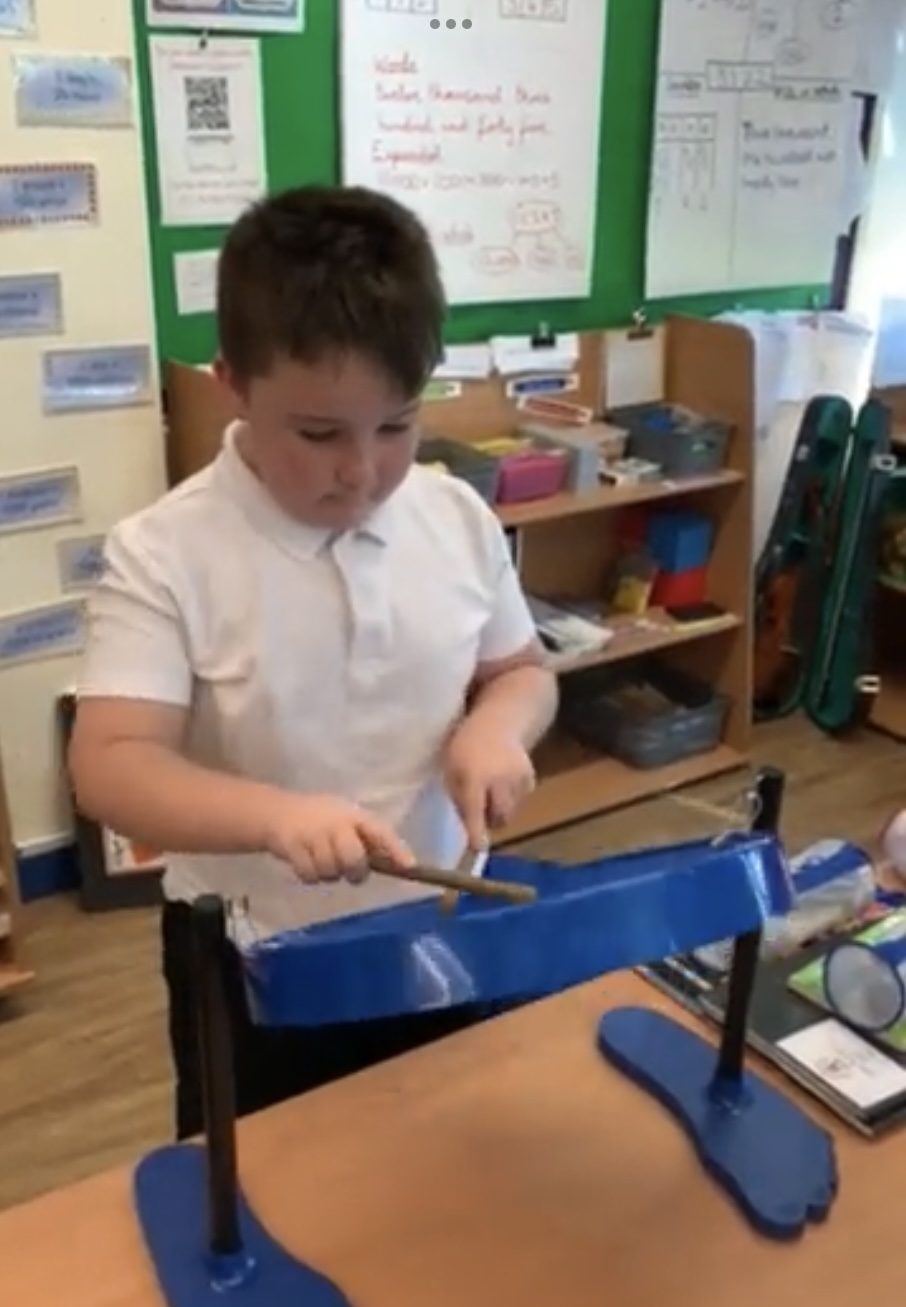
Choir
At Harrow Gate we try to ensure that the children are exposed a range of musical experiences. As part of this we offer a Key Stage 1 and Key Stage 2 choir.
As part of the choir children are given the opportunity to:
- Take part in a variety of school performances throughout the year
- Participate within Christmas performances at churches
- Perform for the community and in particular for the elderly within many care homes in the local area
- Perform for the community at local supermarkets during the Christmas period
- Raise money for the school by performing at Christmas and summer fayres at the local hospital
- Join with other schools within the cluster to perform to an audience of their peers
- Be welcomed by TVMS (Tees Valley Music Service) to perform with their peers at a Christmas, Spring and Summer show for their parents
- Take part in a Mayors Christmas Carol Service with local schools at a local church
Computing - Year Group Curriculum Overview
Aims
The curriculum for computing aims to ensure that all pupils:
· can understand and apply the fundamental principles and concepts of computer science, including abstraction, logic, algorithms and data representation
· can analyse problems in computational terms, and have repeated practical experience of writing computer programs in order to solve such problems
· can evaluate and apply information technology, including new or unfamiliar technologies, analytically to solve problems
· are responsible, competent, confident and creative users of information and communication technology.
Intent
At Harrow Gate Academy, we believe that it is vital for all our pupils to learn from and about Computing and Technology, so that they can understand the world around them. Through teaching our computing curriculum, we aim to equip our children to participate in a rapidly changing world where work and leisure activities are increasingly transformed by technology. It is our intention to enable children to find, explore, analyse, exchange and present information as well as having the skills to manipulate, develop and interpret different forms of technology in an ever-changing world.
In such a fast-moving curriculum, we are constantly looking at new ways of delivering relevant and exciting activities, while still delivering the fundamental skills needed for computing. Using technology safely and responsibly is a main priority and ensuring all pupils are able to use the internet and equipment appropriately is of paramount importance. We encourage our pupils to make links across the curriculum, the world and our local community, to reflect on their own experiences, which are designed in our curriculum, allowing horizontal and vertical links with previous year groups.
The core of computing is computer science, in which pupils are taught the principles of information and computation, how digital systems work, and how to put this knowledge to use through programming. Building on this knowledge and understanding, pupils are equipped to use information technology to create programs, systems and a range of content. Computing also ensures that pupils become digitally literate – able to use, and express themselves and develop their ideas through, information and communication technology – at a level suitable for the future workplace and as active participants in a digital world.
Our ambitious computing curriculum is now structured in 3 areas that allow all pupils from EY to year 6 to progress through different categories of knowledge. These are:
Each area of the curriculum gives pupils time to practice and rehearse the knowledge needed to be proficient at computing and be ready for the next age of learning.
Implementation
The Harrow Gate bespoke computing curriculum offers a cross curricular scheme of work for EYFS, Key Stage 1 and Key Stage 2 which matches the expectations of the National Curriculum. The curriculum looks at the progression needed for all pupils to develop and embed skills and knowledge within the strands of: computer science, information technology and digital literacy. The curriculum is designed to support teaching and learning and the acquisition of subject knowledge in all areas. Children will have the opportunity to explore and respond to key issues such as digital communication, cyber-bullying, online safety, security and social media.
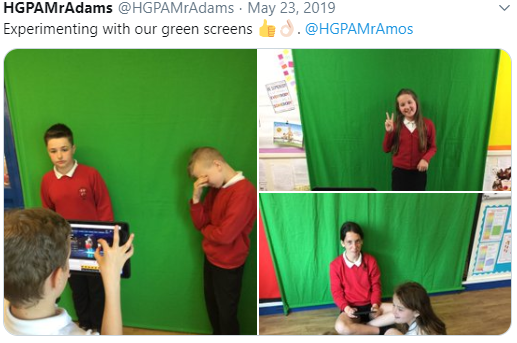

Impact
· Children will be confident users of technology, able to use it to accomplish a wide variety of goals, both in school and at home.
· Children will have a secure and comprehensive knowledge of the implications of technology and digital systems which is important in our ever-evolving society.
· Children will be able to apply the British Values of democracy, tolerance, mutual respect, rule of law and liberty when using digital systems.
· solve problems in computational terms, and have repeated practical experience of writing computer programs in order to solve such problems
· can evaluate and apply information technology, including new or unfamiliar technologies, analytically to solve problems
· are responsible, competent, confident and creative users of information and communication technology
Computing - KS1 |
Key stage 1 Pupils should be taught to:
· understand what algorithms are; how they are implemented as programs on digital devices; and those programs execute by following precise and unambiguous instructions (Computer Science)
· create and debug simple programs (Computer Science)
· use logical reasoning to predict the behaviour of simple programs (Computer Science)
· use technology purposefully to create, organise, store, manipulate and retrieve digital content (Information Technology)
· recognise common uses of information technology beyond school (Information Technology)
· use technology safely and respectfully, keeping personal information private; identify where to go for help and support when they have concerns about content or contact on the internet or other online technologies. (Digital Literacy)
Computing - KS2
Key stage 2 Pupils should be taught to:
· design, write and debug programs that accomplish specific goals, including controlling or simulating physical systems; solve problems by decomposing them into smaller parts. (Computer Science)
· use sequence, selection, and repetition in programs, work with variables and various forms of input and output. (Computer Science)
· use logical reasoning to explain how some simple algorithms work and to detect and correct errors in algorithms and programs
· understand computer networks including the internet; how they can provide multiple services, such as the world wide web; and the opportunities they offer for communication and collaboration. (Computer Science)
· use search technologies effectively, appreciate how results are selected and ranked, and be discerning in evaluating digital content
· select, use and combine a variety of software (including internet services) on a range of digital devices to design and create a range of programs, systems and content that accomplish given goals, including collecting, analysing, evaluating and presenting data and information. (Information Technology)
· use technology safely, respectfully and responsibly; recognise acceptable/unacceptable behaviour; identify a range of ways to report concerns about content and contact. (Digital Literacy)
Below are some of the key vocabulary used in computing:
Algorithms
An algorithm is a sequence of instructions, or a set of rules, for performing a task.
Coding
Coding is putting information and commands into a program, making it possible for you to create software, apps and websites.
Program
A set of algorithms or processes that are completed in order to achieve a task.
Debug
Debugging is checking the code in a computer program to ensure that it works and changing it if it doesn't.
Decomposition
The process of breaking down a problem into smaller manageable parts is known as decomposition. Decomposition helps us solve complex problems and manage large projects.
Sequences
This means that the computer will run your code in order, one line at a time from the top to the bottom of your program. It will start at the first block of code, then execute the next block of code then the next and so on until it reaches the last code block of your program.
Forest School at Harrow Gate Academy
‘If we take care of the natural world, the natural world will take care of us.’
Sir David Attenborough
‘I have learned you are never too small to make a difference.’
Greta Thunberg
At Harrow Gate Primary Academy, our ethos of Forest School is based on a fundamental respect for all children to instigate, test and maintain their curiosity about the world around them. We want all of our children to be protectors of their planet who challenge decisions that do not align with the future of their world. Our hope is that the children of Harrow Gate will be the guardians of nature.
Forest School further enhances the creative, enquiry based learning that already happens within the classroom. Children develop their emotional intelligence, social skills and self-esteem with a belief of every child’s right to access the outdoors, risk-taking and the reality of the natural world. Through challenge and collaborative working, children are able to build resilience, social skills and develop a sense of self. They will connect with the natural world which is vital for their health.

Our Forest School journey began in 2017, our incredible Year 6 cohort at the time, were inspired by a book that they were reading, Forest Girl, Fire Boy by Chloe Daykin, and they wanted to plant a tree. We decided to go one step further by planting our very own forest.
We and the children of Harrow Gate are incredibly proud of what we have achieved, from the first of the Woodland Trust trees going into the ground to the beautiful envronment that we have now. It is a place where we can learn together in nature and from nature, it is also a place where nature can thrive. We care about the environment and we know that, 'If we take care of the natural world, the natural world will take care of us.' Sir David Attenborough.
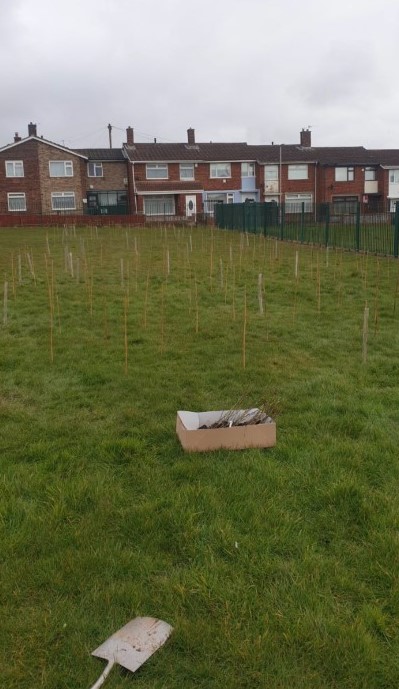

.jpg)
.jpg)
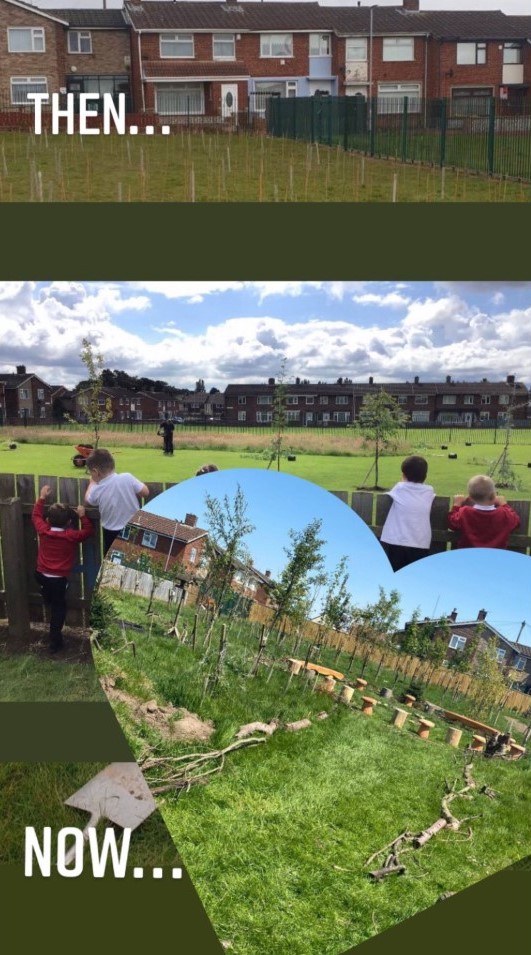
Forest School
Reception - Meet the Team
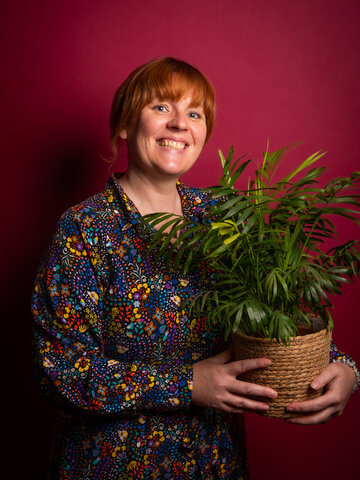
Mrs Pybus
Teacher and EYFS Leader
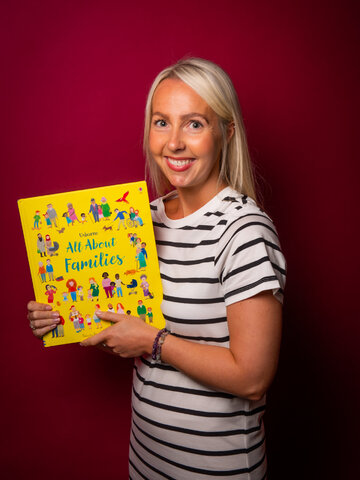
Miss Ruston
Reception TA / SEN Assistant EYFS
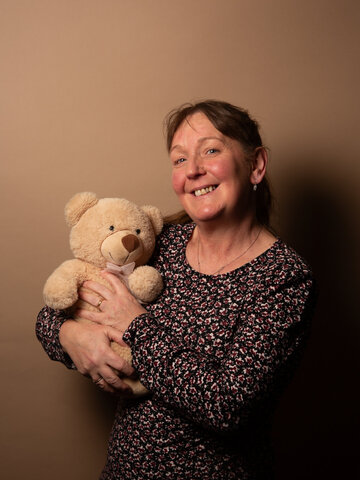
Mrs West
Reception Teacher
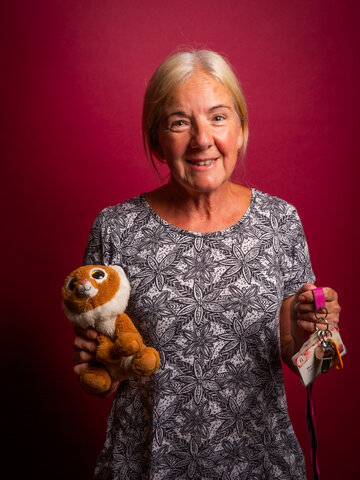
Mrs Lee
Playworker
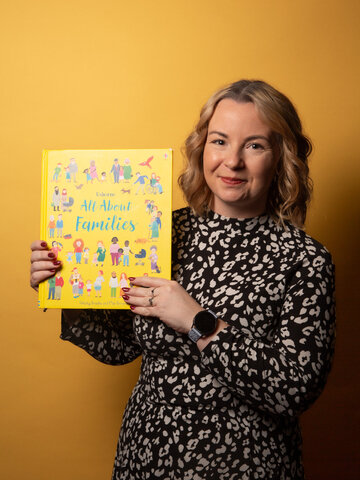
Mrs Brennon
Teaching Assistant

Mrs Pybus
Teacher and EYFS Leader

Miss Ruston
Reception TA / SEN Assistant EYFS

Mrs West
Reception Teacher

Mrs Lee
Playworker

Mrs Brennon
Teaching Assistant
Our Early Years Curriculum Intent
At Harrow Gate Primary Academy we offer an Early Years curriculum that is rich in wonder and memorable experiences. We ensure that all of our children have a broad curriculum with a good balance of adult led and child initiated activities to ensure the best outcomes for all pupils. We understand that play is an integral part of learning and this is at the heart of our Early Years curriculum. It is our intent that the children who enter our Early Years develop physically, verbally, cognitively and emotionally whilst embedding a positive attitude to school and learning. That they feel safe and secure and ready to learn. We are passionate about creating opportunities for children to communicate more easily through developing language and communication skills and specifically teaching vocabulary. We believe that all children deserve to be valued as an individual and we are passionate in allowing all children to achieve their full, unique potential.
We provide a stimulating environment that provides exciting opportunities, both indoors and outdoors in promoting challenge, exploration, problem solving, adventure and a real love of learning.
We aim for our children to be confident , resilient and independent, to believe in themselves and interact positively with others.
We endeavour to give the children the Cultural Capital they need for future success i.e. giving each child the best start in life enabling them to fulfil their full potential and achieve future success.
Positive relationships between staff and children, consistent routines and strong relationships with parents are key. We recognise the crucial role that early year’s education has to play in providing firm foundations in order for children to become successful learners.
The EYFS Framework
There are seven areas of learning and development that help to shape educational provision in Early Years settings. All areas of learning and development are important and inter-connected. None of the areas of learning can be delivered in isolation from the others. Our children’s learning experiences enable them to develop competency and skills not just academically but also socially, emotionally and physically.
The three prime areas which are particularly crucial for igniting children’s curiosity and enthusiasm for learning, and for building their capacity to learn, form relationships are:
- Personal, Social and Emotional Development
- Communication and Language
- Physical Development
Staff will also support children in four specific areas, through which the three prime areas are strengthened and applied:
- Literacy
- Mathematics
- Understanding the world
- Expressive arts and design
All of those areas of learning are connected together. The characteristics of effective teaching and learning weave through them all. That’s because children in the early years are becoming more powerful learners and thinkers. These characteristics develop as they learn to do new things, acquire new skills, develop socially and emotionally, and become better communicators.
At Harrow Gate Primary Academy, we plan learning experiences considering both the children's individual needs and achievements as well as a range of learning experiences that will assist them to make progress. Well planned play is a key way in which children learn with enjoyment and challenge during the Foundation Stage. Children deepen their understanding by playing, talking, observing, planning, questioning, experimenting, testing, repeating, reflecting and responding to adults and to each other.
Our learning environment is made up of areas which reflect all areas of the curriculum. Here children can make their own choices, encouraging them to play and explore. They can be active learners and are able to create and think critically. We operate an indoor/ outdoor learning experience for our young children, where they can move freely between both areas. Links are made between both learning environments, to ensure that all children receive a rich and varied curriculum that supports their learning and development.
We would like to welcome you and your family on the next step of their exciting learning journey!
Our Reading Scheme - Little Wandle Letters and Sounds
Our academy reading scheme begins with carefully selected decodable books which consolidate our early phonic teaching of the 'Little Wandle Letters and Sounds’ programme.
Reception Key Curriculum Documents
Our curriculum extends far beyond the academic, to allow pupils to develop in many diverse aspects of life. This is encapsulated in our Personal Development Curriculum.
We aim to ensure that, over their time at Harrow Gate, learners receive a Personal Development programme that gives them the knowledge that they need to make decisions, to strengthen them personally and to allow them to develop their character and personality. We provide these rich experiences in a coherently planned way, in the curriculum and through extra-curricular activities.
At Harrow Gate, there are four key drivers that underpin our Personal Development approach:
- Healthy & safe behaviours
- Awareness of the world
- Character development
- British Values
Healthy & safe behaviours include our PSHE curriculum, Relationship Education, Sex Education, Physical Health, Mental Wellbeing and Wider Aspects of Safety.
Awareness of the world includes Economic Understanding, Understanding Media and Technology and Spiritual, Moral, Social and Cultural development, the Global Curriculum.
Character development includes development of children’s own character and personality, children’s behaviour and wider opportunities for children to engage with.
British Values includes Democracy, Rule of Law, Respect & Tolerance and Individual Liberty.
Personal Development Curriculum
SMSC
SMSC stands for spiritual, moral, social and cultural development of pupils.
The Citizenship Foundation defines spiritual, moral, social and cultural development of pupils in relation to pupils’ ability and willingness to do the following:
- Spiritual: Explore beliefs and experience; respect values; discover oneself and the surrounding world; use imagination and creativity; reflect.
- Moral: Recognise right and wrong; understand consequences; investigate moral and ethical issues; offer reasoned views.
- Social: Use social skills in different contexts; work well with others; resolve conflicts; understand how communities work.
- Cultural: Appreciate cultural influences; participate in culture opportunities; understand, accept, respect and celebrate diversity.
How do we promote the spiritual, moral, social and cultural development of our pupils?
At Harrow Gate Primary, teachers promote SMSC in lots of different ways. Obvious ways are in Religious Education and assemblies, but SMSC can be developed in all subjects and lots of aspects of school life. These could include:
- English, where children will read a range of high quality fiction / non fiction books set in different countries and cultures
- Maths, where children might look at Islamic art when learning about shape and symmetry
- PHSE sessions where we promote the social and emotional aspects of learning
- SMSC development is also embedded into our ethos and school displays and can be sensed in our day-to-day practices and many of our policies and practices. A key part of the social development of pupils is their acceptance and engagement with British Values.
Statutory context of SMSC for schools
We value SMSC as a way to enrich our children’s experiences and their outcomes.
Slightly confusingly, the National Curriculum sets out that three of these aspects, alongside mental and physical development, should be promoted in schools:
Every state-funded school must offer a curriculum which is balanced and broadly based and which promotes the spiritual, moral, cultural, mental and physical development of pupils at the school and of society.
National Curriculum, Department for Education, September 2013)
Social development is missing from the list, but we regard working with others and the social aspects of learning as really important for our pupils.
SMSC Subject Statements
SMSC and Emotional Literacy map
British Values
British values are promoted in so much of what we do, not least during our school assemblies, Religious Education and PHSE sessions.
As well as actively promoting British values, the opposite also applies: we would actively challenge pupils, staff or parents expressing opinions contrary to fundamental British values, including ‘extremist’ views.
The term ‘British values’ might be slightly misleading in that these values are integral to so many countries throughout the world – they differ in no way from the values of most western European countries, for example.
Below are just a few examples of how we promote British values. The first section is a general overview; the others are specific expectations set out by Ofsted.
Being part of Britain
As a school, we value and celebrate the diverse heritages of everybody at Harrow Gate. Alongside this, we value and celebrate being part of Britain. In general terms, this means that we celebrate traditions, such as customs in the course of the year, national events and significant local events.
Further, children learn about being part of Britain from different specific perspectives. Two specific examples of when we teach about being part of Britain are:
Geographically: Our curriculum ensures that children have a better understanding of where Britain is in relation to the rest of Europe and other countries in the world.
Historically: Children learn about British history, whether it is life during WW2, the Victorians or studying our local area, children learn about an aspect of life and how this has developed and changed over time.
Democracy
Children, parents and staff have many opportunities for their voices to be heard at Harrow Gate Primary. Democracy is central to how we operate.
An obvious example is our Student Councillors. The election of the Student Councillors reflects our British electoral system and demonstrates democracy in action: candidates make speeches, pupils consider characteristics important for an elected representative, pupils vote in secret using ballot boxes etc. Made up of representatives from Year six to Year 3, the Student Councillors meet regularly to discuss whole school topics and issues. The council is able to genuinely effect change within the school.
Other examples of ‘pupil voice’ are:
- children agree their Class Charter and the rights associated with these; all children contribute to the drawing up of the charter
- children have the opportunity to nominate and vote for others to receive a certificate for great learning or choice
- children are encouraged to share opinions realised through curriculum investigations - Global curriculum
Pupils are always listened to by adults and are taught to listen carefully and with concern to each other, respecting the right of every individual to have their opinions and voices heard. We encourage pupils to take ownership of not only their school but also of their own learning and progress. This encourages a heightened sense of both personal and social responsibility and is demonstrated on a daily basis by our pupils.
Rules and laws
The importance of rules and laws, whether they be those that govern our school or our country, are referred to and reinforced often, such as in assemblies and when reflecting on behaviour choices. At the start of the school year, each class discusses and sets its own Class Charter, a set of principles that are clearly understood by all and seen to be necessary to ensure that every class member is able to learn in a safe and ordered environment.
Pupils are taught the value and reasons behind laws, that they govern and protect us, the responsibilities that this involves, and the consequences when laws are broken. These values are reinforced in different ways:
- visits from authorities such as the police and fire service
- during Religious Education, when rules for particular faiths are thought about
- during other school subjects, where there is respect and appreciation for different rules – in a sports lesson, for example.
Individual liberty
Alongside rules and laws, we promote freedom of choice and the right to respectfully express views and beliefs. Through the provision of a safe, supportive environment and empowering education, we provide boundaries for our young pupils to make choices safely; for example:
- choices about what learning challenge or activity
- choices around the participation in extra-curricular activities
Our pupils are encouraged to know, understand and exercise their rights and personal freedoms and are taught how to exercise these safely, such as in our e-safety and PHSE lessons.
Mutual respect and tolerance of those with different faiths and beliefs
Our pupils know and understand that it is expected and imperative that respect is shown to everyone, whatever differences we may have, and to everything, whether it is a school resource, a religious belief or whatever. Children learn that their behaviour choices have an effect on their own rights and those of others. All members of the school community should treat each other with respect.
Specific examples of how we at Harrow Gate Primary enhance pupils understanding and respect for different faiths and beliefs are:
- through Religious Education, PHSE and other lessons where we might develop awareness and appreciation of other cultures – in English through fiction and in Art by considering culture from other parts of the world, for example
- enjoying a depth of study during curriculum studies, where sometimes we will celebrate and enjoy learning about the differences in countries and cultures around the word (whilst at other times we might consider groups or individuals who might be vulnerable in some way, such as those with a disability)
- equality assemblies
British Values subject statements
Equality
We pride ourselves on being a welcoming and inclusive school. For us, equality means that everyone is able to participate and feel welcome and safe in the activities of our school. This includes pupils, parents & carers, staff and visitors. Everyone should be able to achieve the best possible outcomes as a result of their participation. We believe that equality should permeate all aspects of school life and is the responsibility of all members of the school and community
Diversity
At our school diversity means acknowledging that there are differences between people that should be recognised, respected and celebrated. We promote respect of each other’s differences and identities. We celebrate and raise awareness of diversity in the school and in the wider community and believe that teaching children about diversity prepares them for life in modern Britain.
The Equality Act 2010
We want our children to learn that we all belong together regardless of different races, religions, sexualities, genders, abilities and ages. We encourage children to be proud of their differences and to understand the importance of not discriminating against, or being unfair to others, because of their difference
The Equality Act 2010 - The Protected Characteristics
The 9 Protected Characteristics are actively promoted in school through:
- Our school mission statement
- Our school core values
- Our school behaviour policy and curriculum
- Conscious role modelling by all adults in the school community
- Active engagement and communication with parents and carers
- Assemblies linked to British Values & the protected characteristics
- Discussion within curriculum subjects, taking a cross-curricular approach to the Equality Act
- Promoting articulation by building appropriate language and a coherent vocabulary
- Personal, Social, Health and Economic education (PSHE) sessions (see the mapping document below)
- Religious Education (RE) lessons, RSE lessons and Protected Characteristic talks
- Sporting, Art and Cultural Events
- Pupil Voice, including SMART school council
- Educational visits
- Real-life learning outside the classroom
- Guest speakers
- Developing links with local, national and international communities
- Extra-curricular activities, after-school clubs, charity work and work within the local community
The ‘Relationships’ Puzzle also has a wide focus, looking at diverse topics such as families, friendships, equality in relationships, and love and loss – all of which can help to deliver the vital messages behind the Equality Act. A vital part of this Puzzle is about safeguarding and keeping children safe; this links to cyber safety and social networking, as well as attraction and assertiveness; children learn how to deal with conflict, their own strengths and self-esteem. They have the chance to explore roles and responsibilities in families and look at stereotypes. All Jigsaw lessons are delivered in an age- and stage-appropriate way so that they meet pupils’ needs and can help them understand the wider world. Schools across the UK are aligning their Jigsaw PSHE lessons to the Equality Act. The grid below offers some suggestions as to how particular Jigsaw lessons can be of support to schools. Note that this list is not exhaustive as there are numerous other lessons that teach about equality.


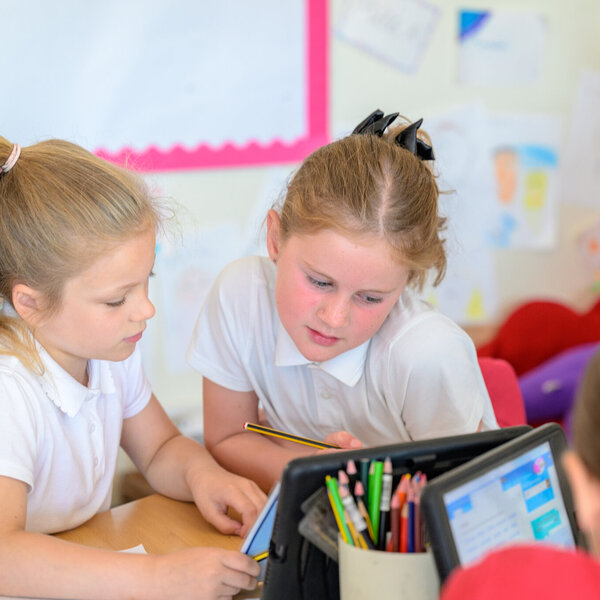


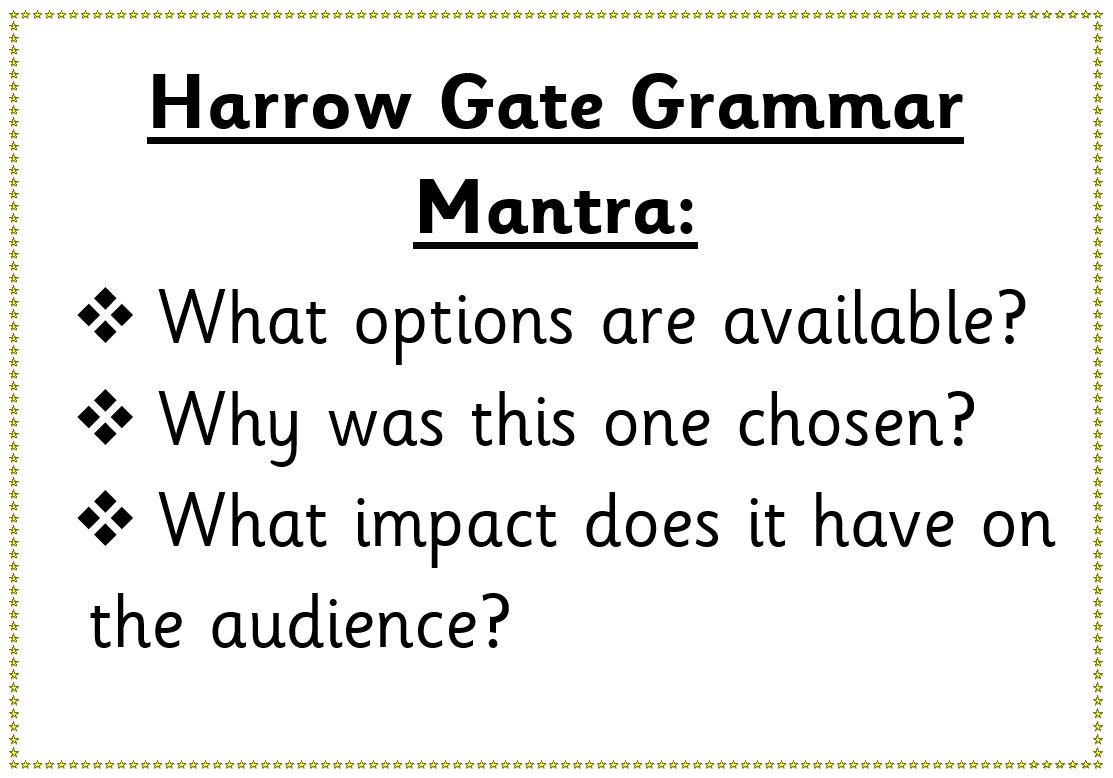

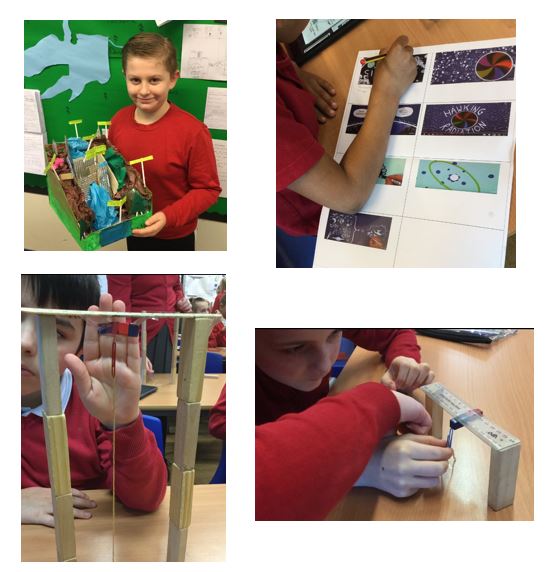

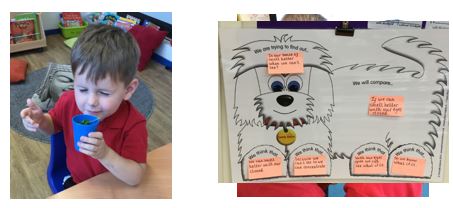
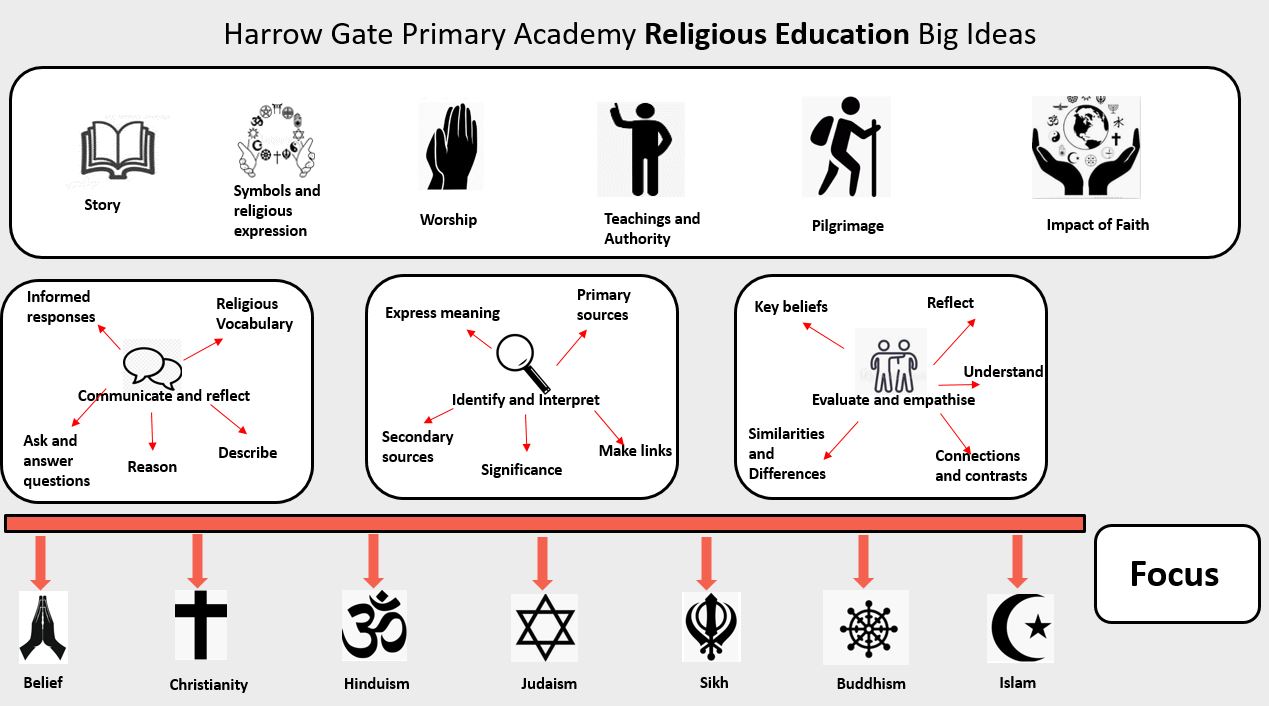
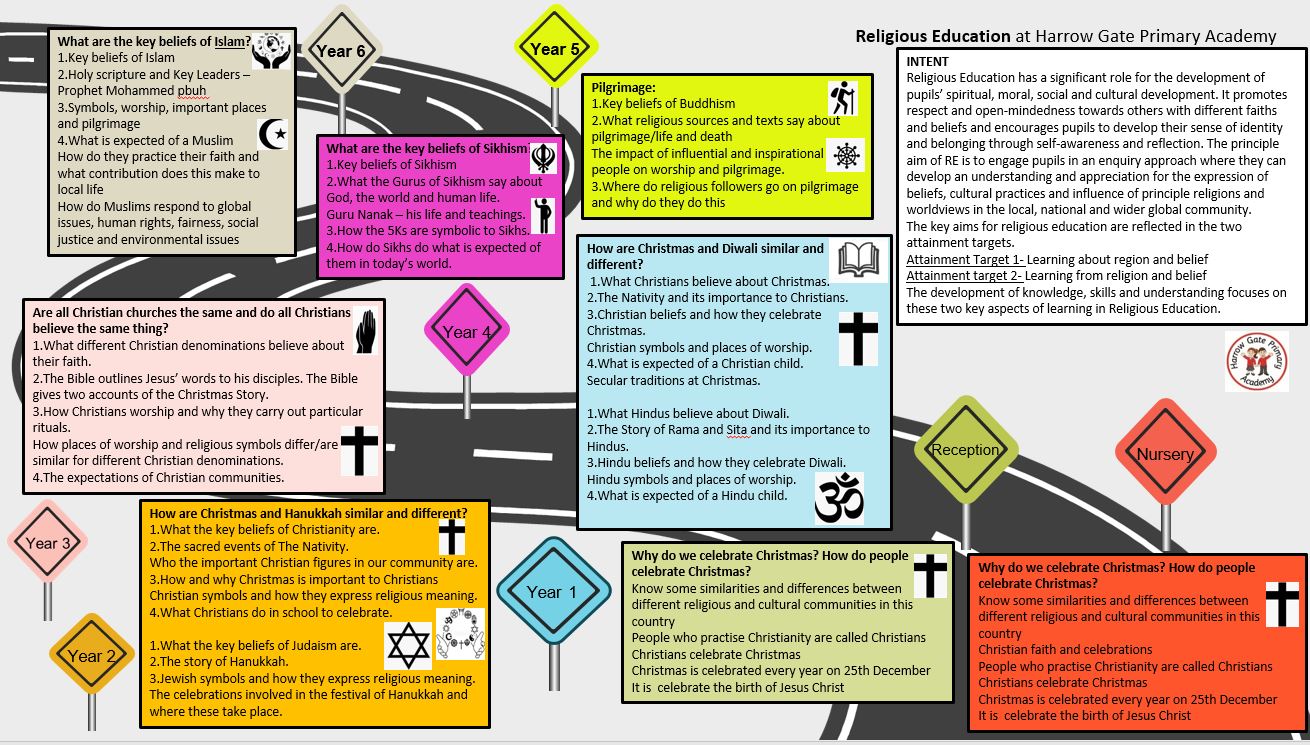
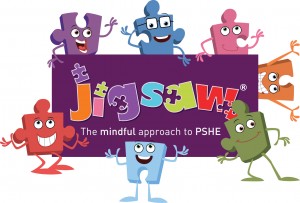
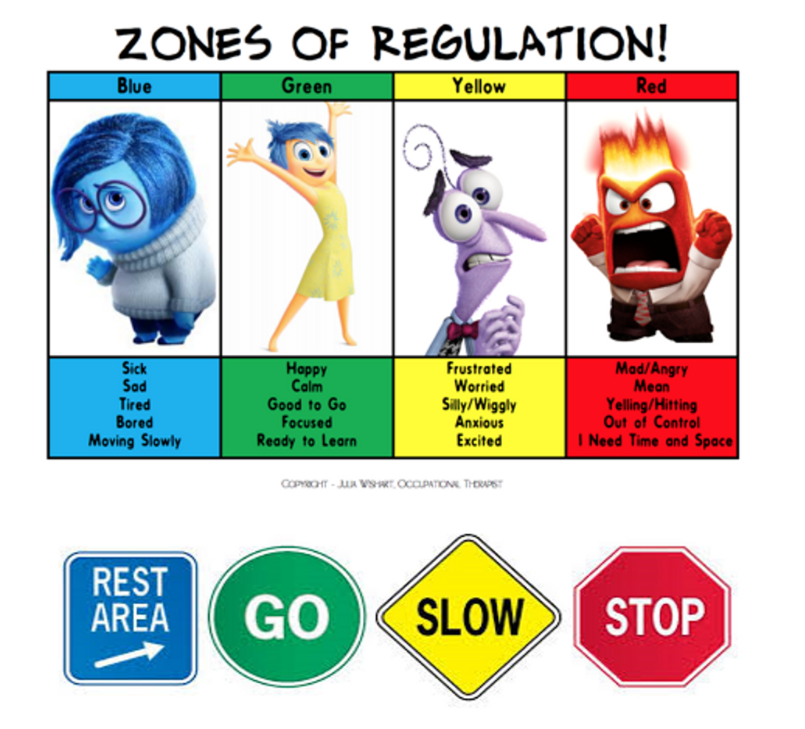
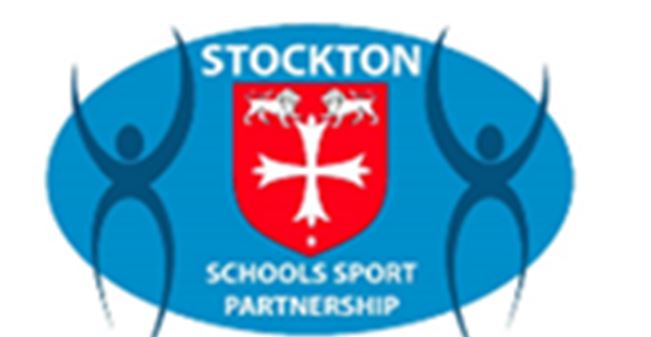
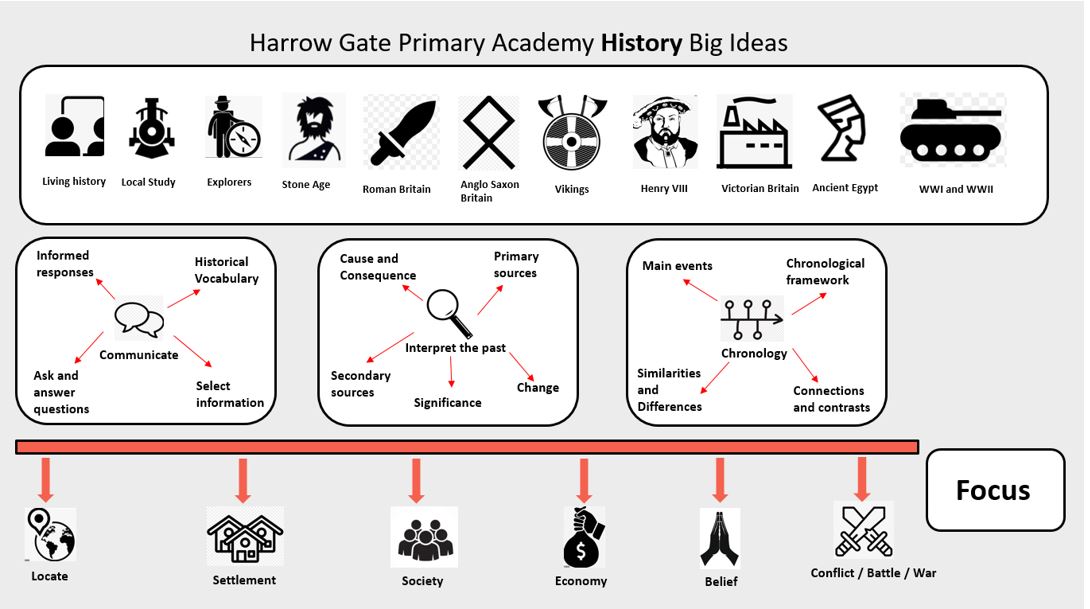
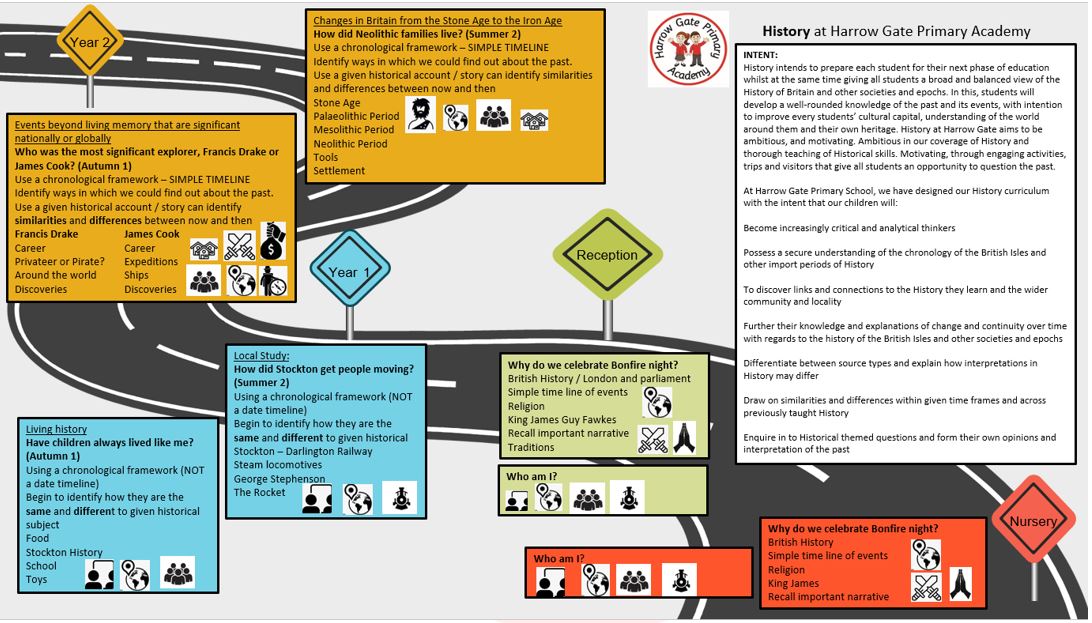
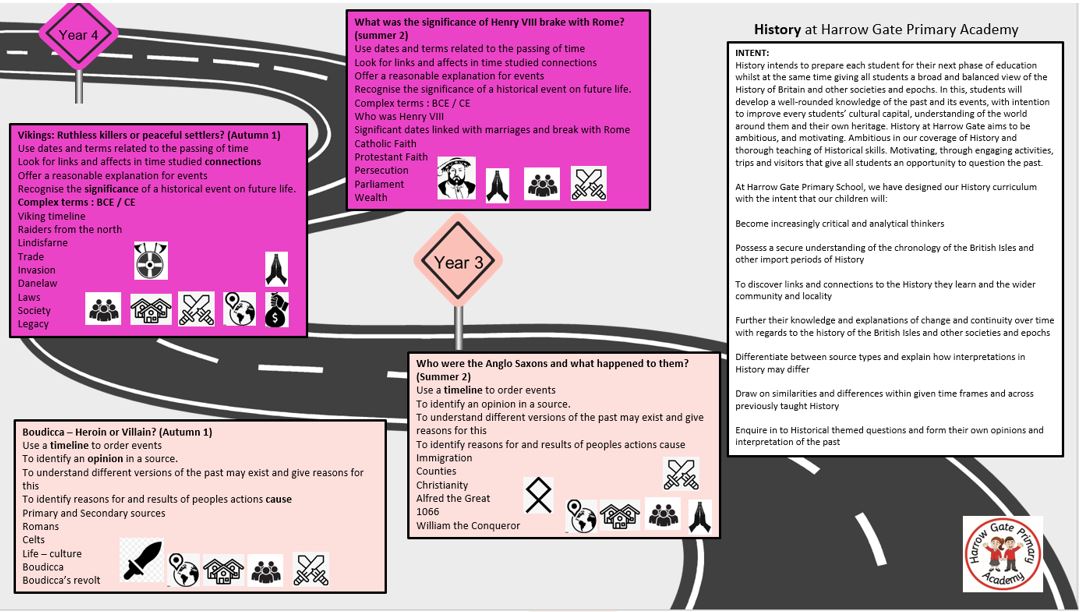
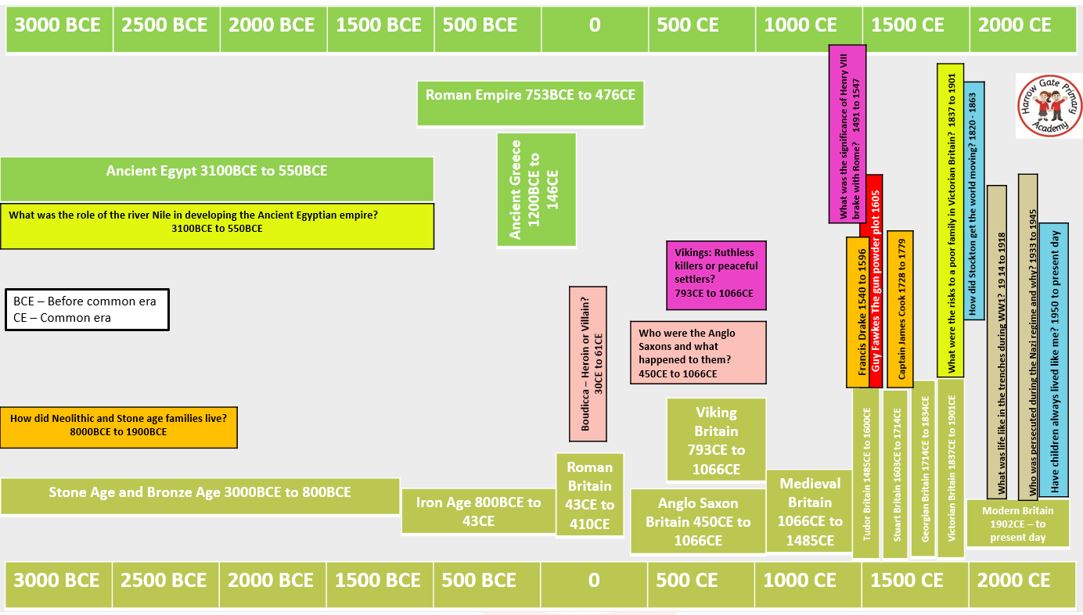
.jpg)
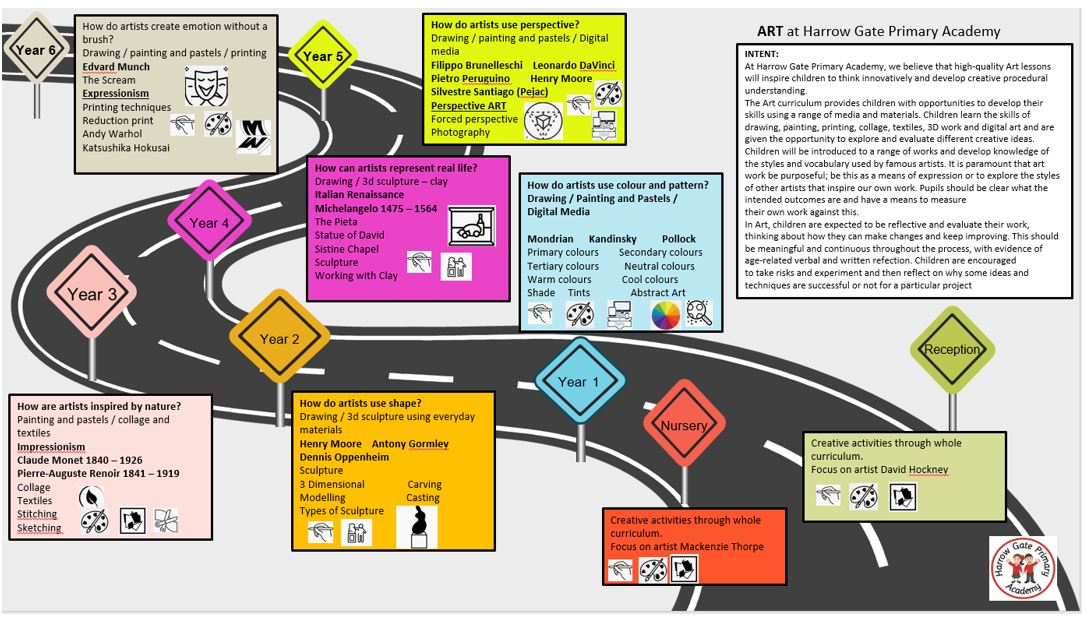
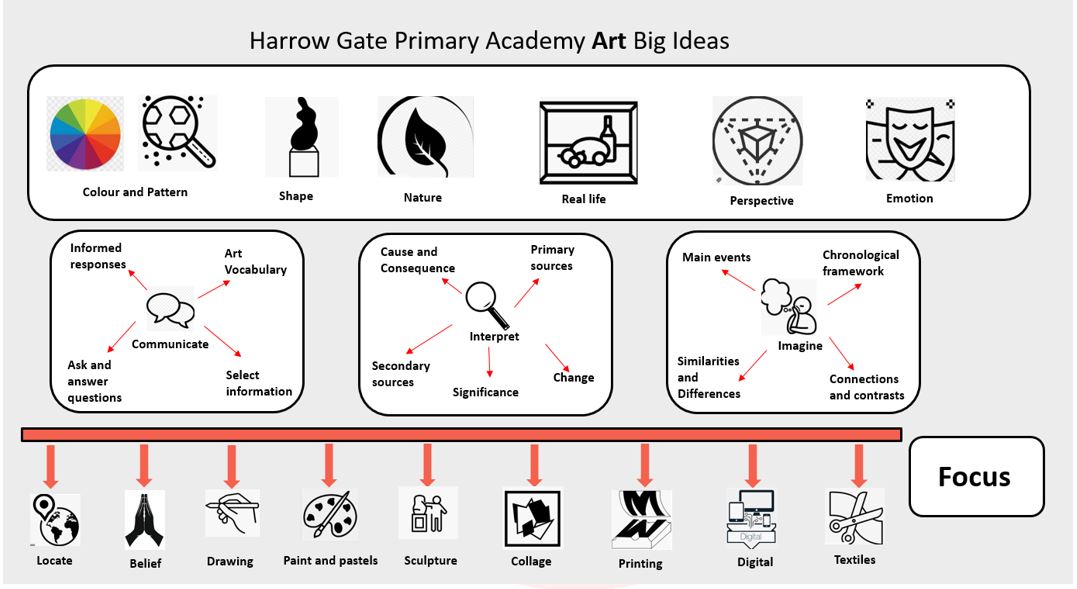
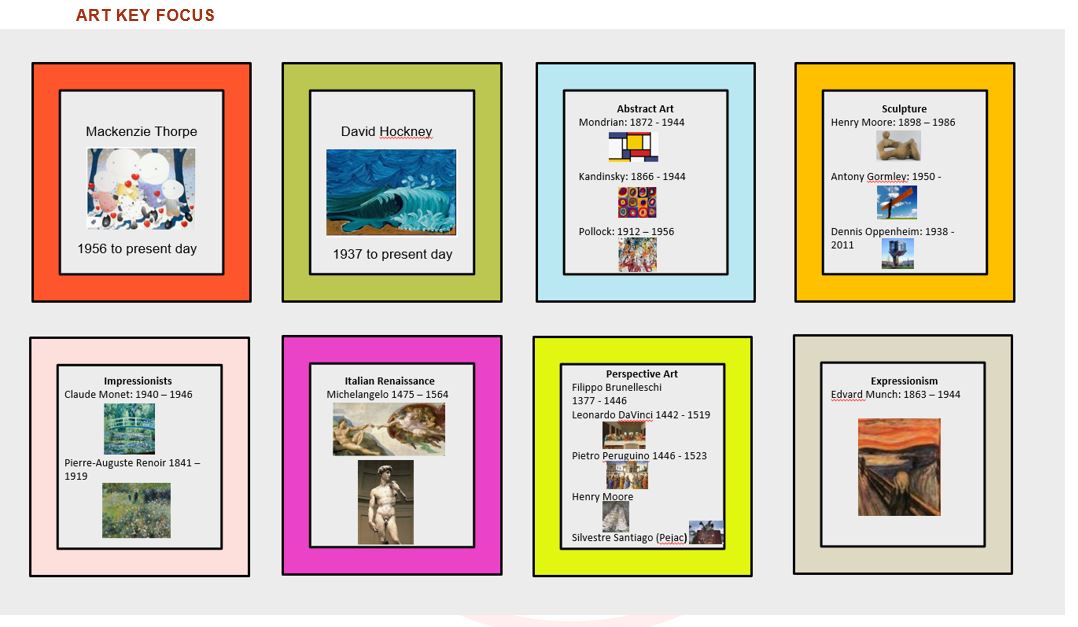
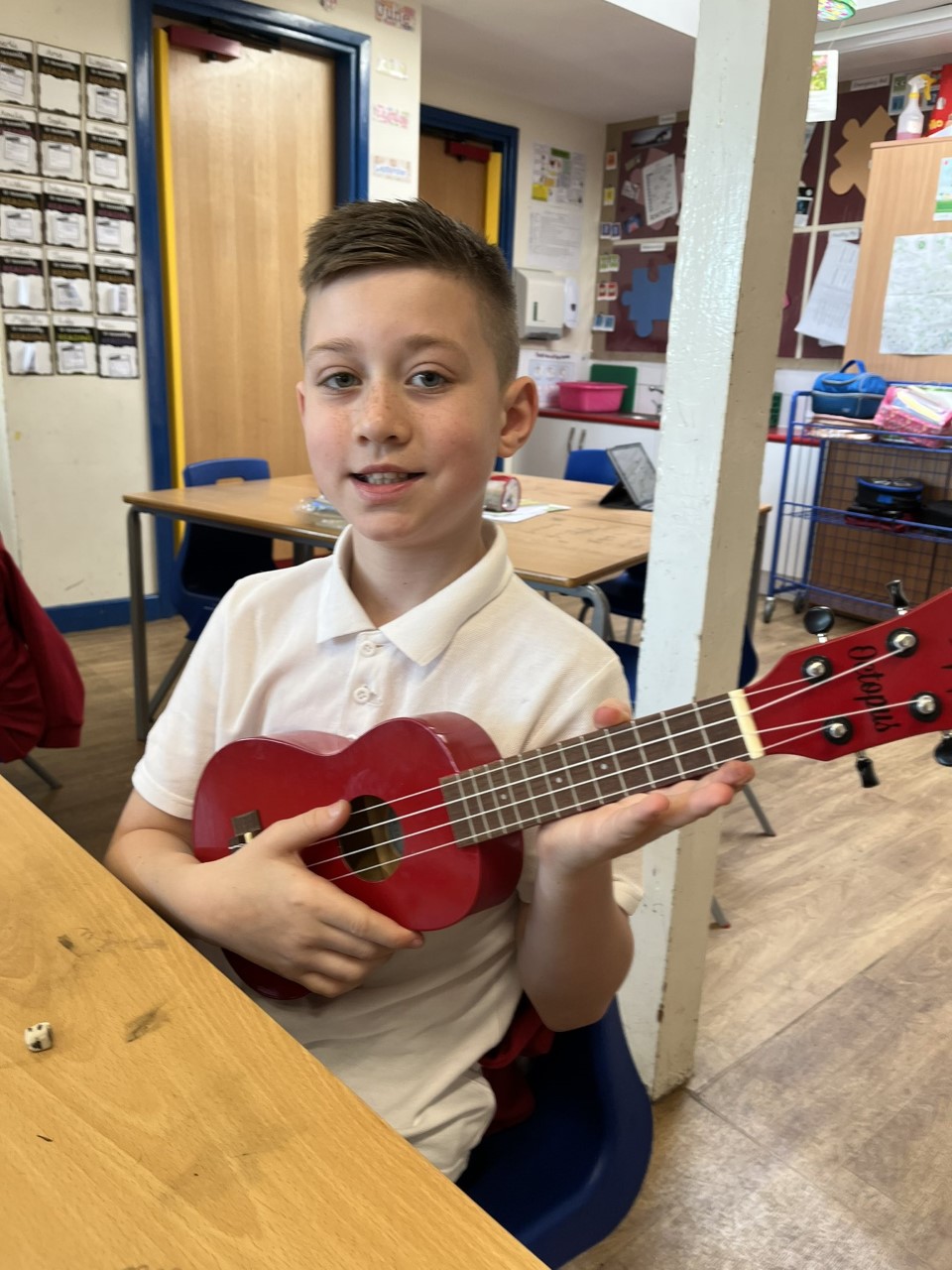
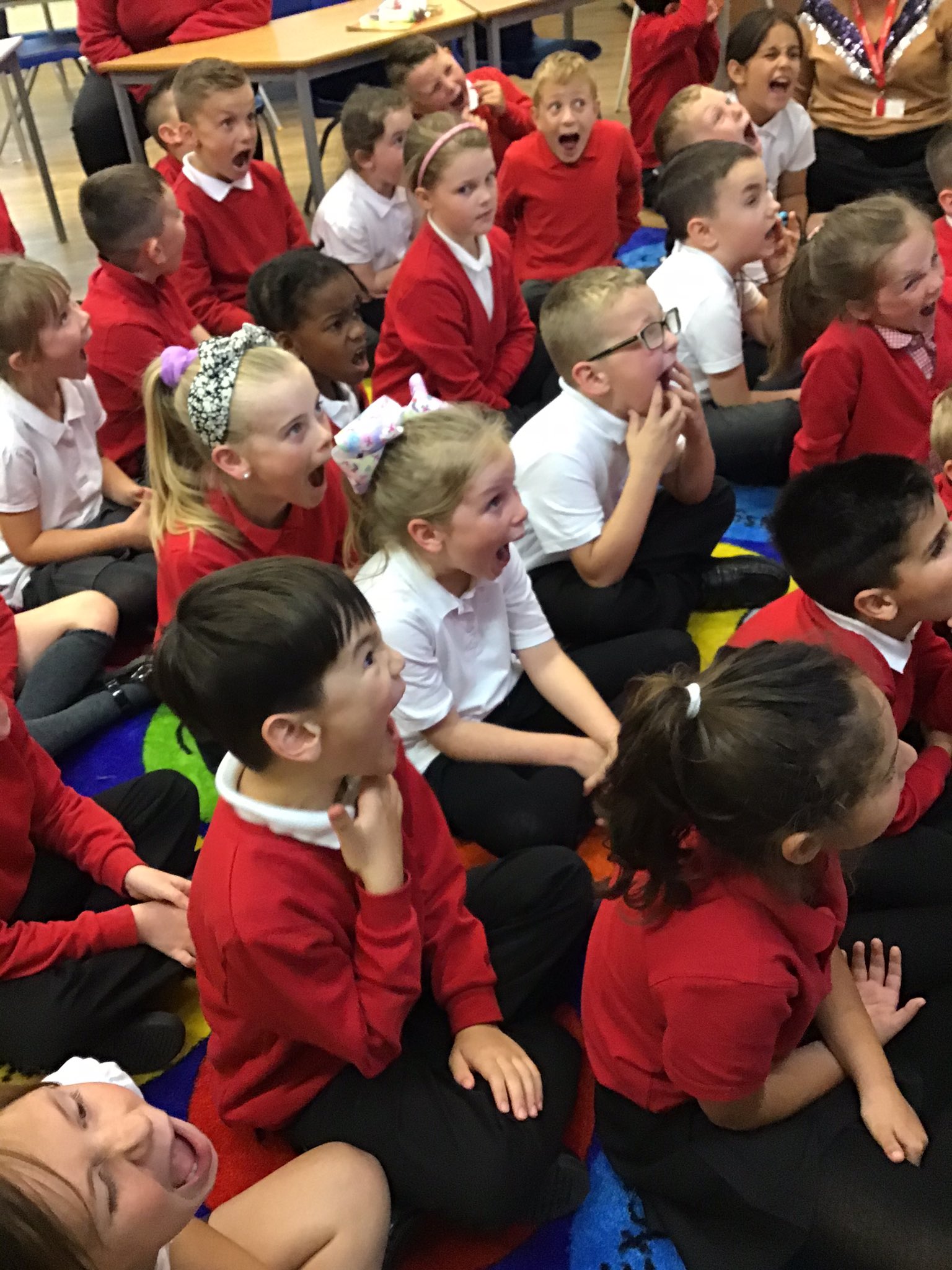
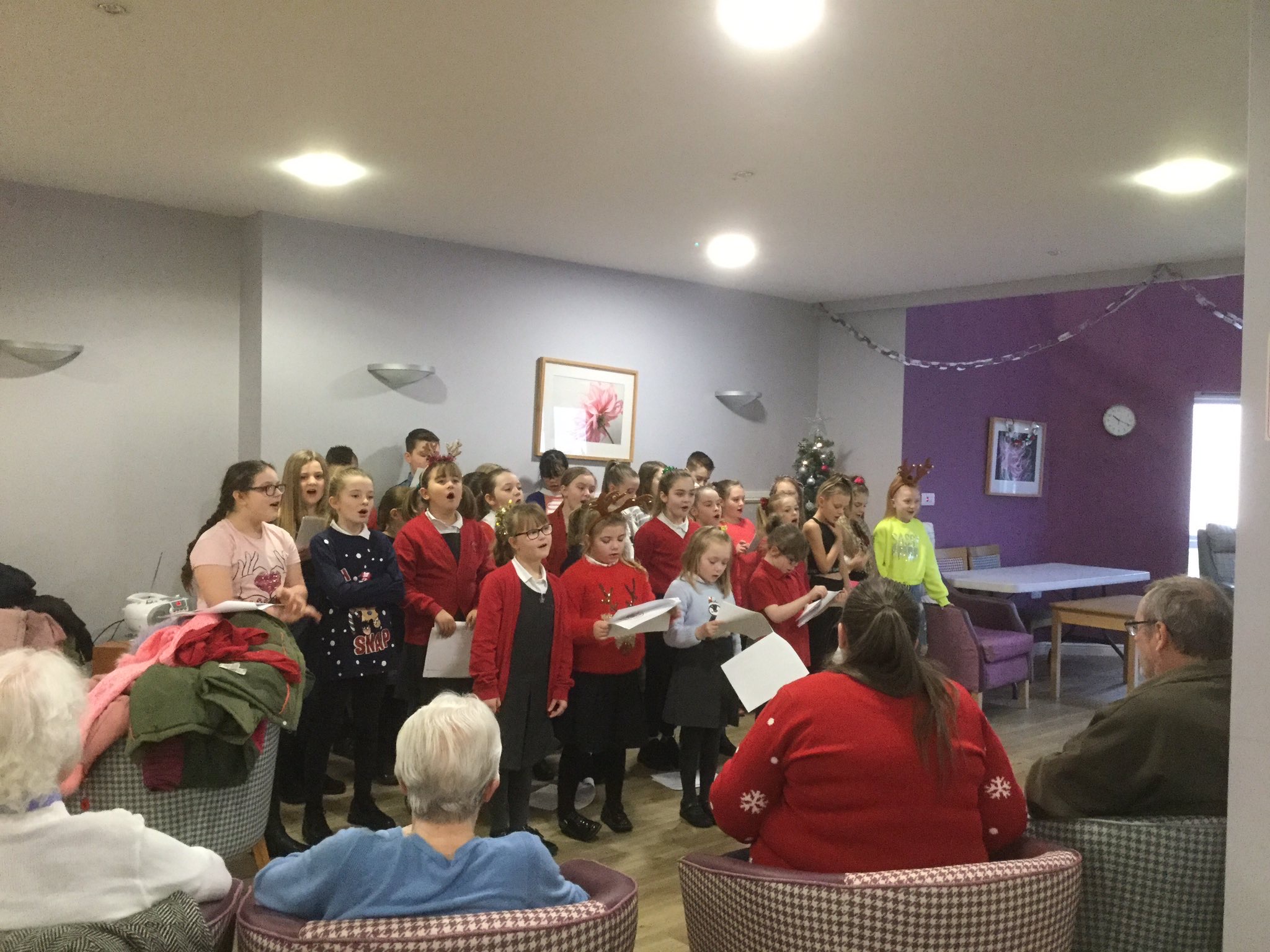
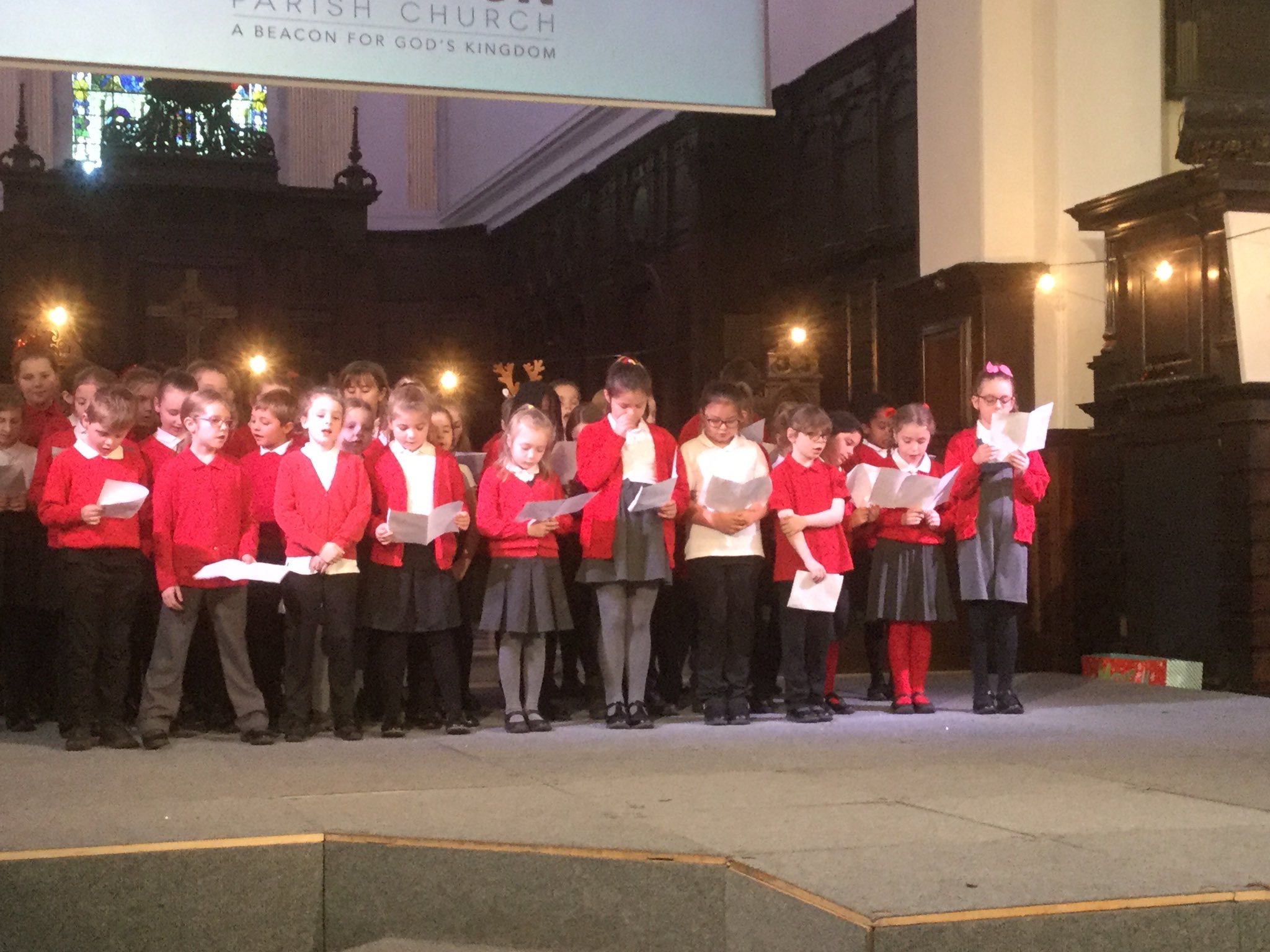

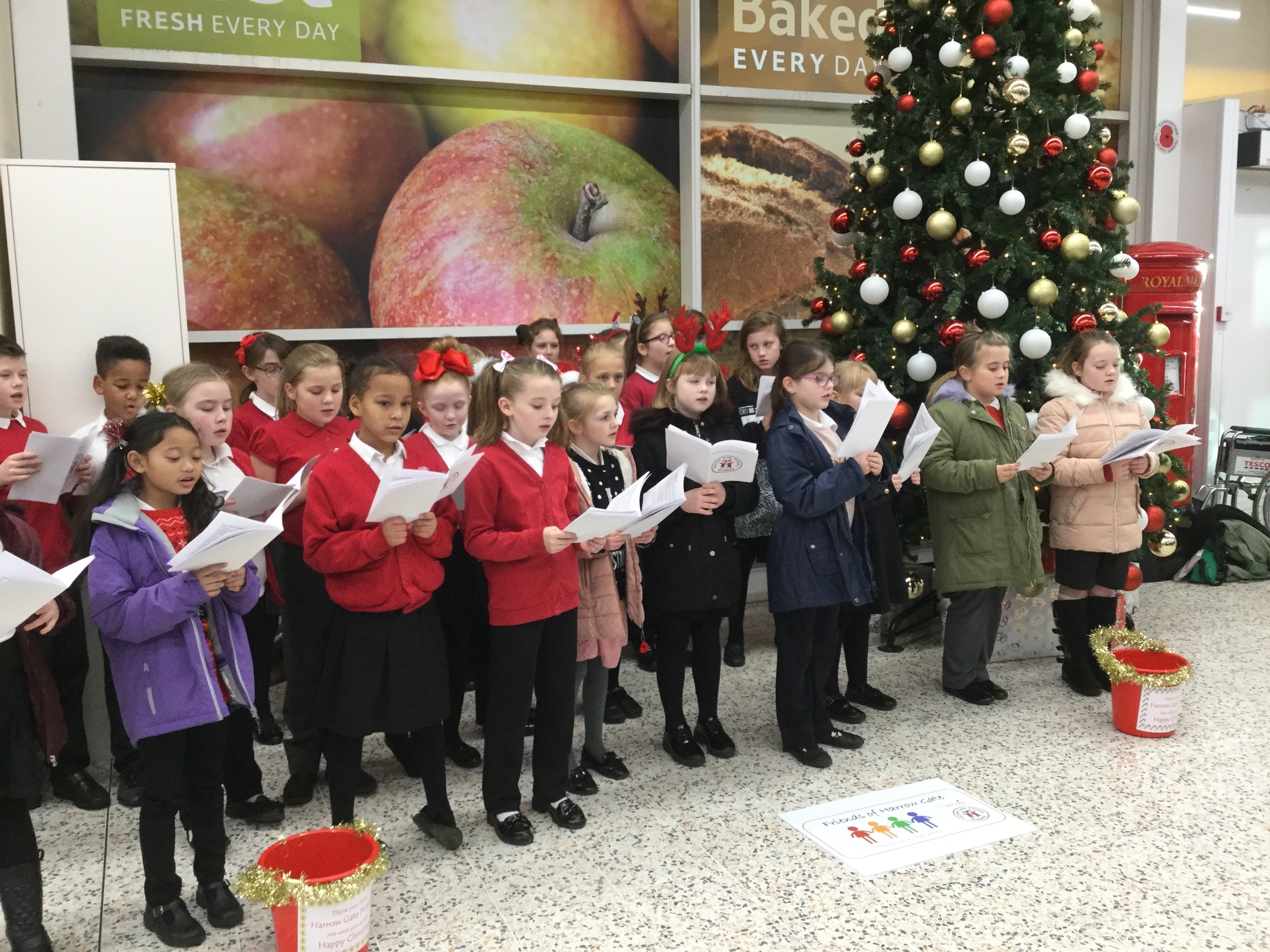

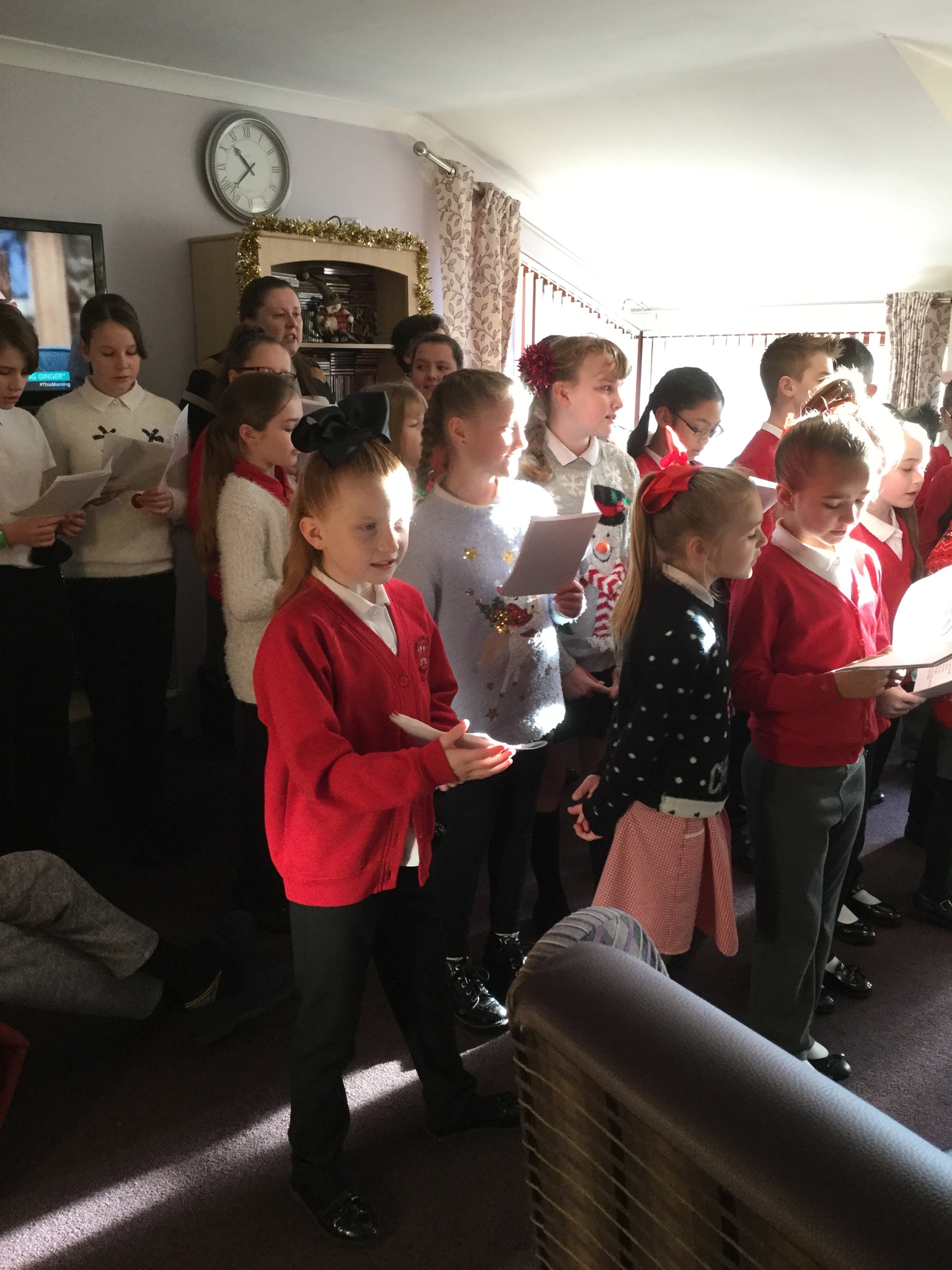
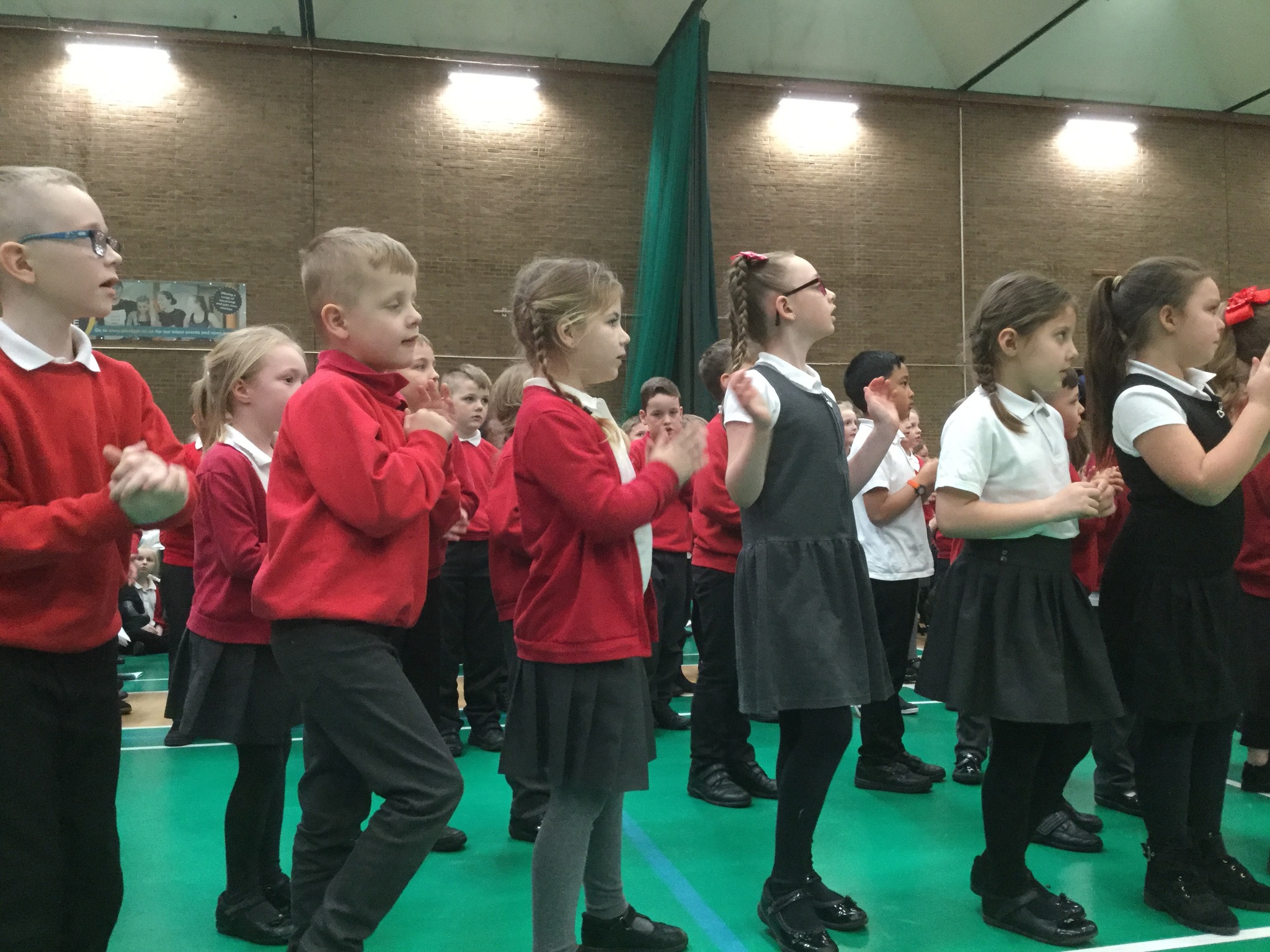
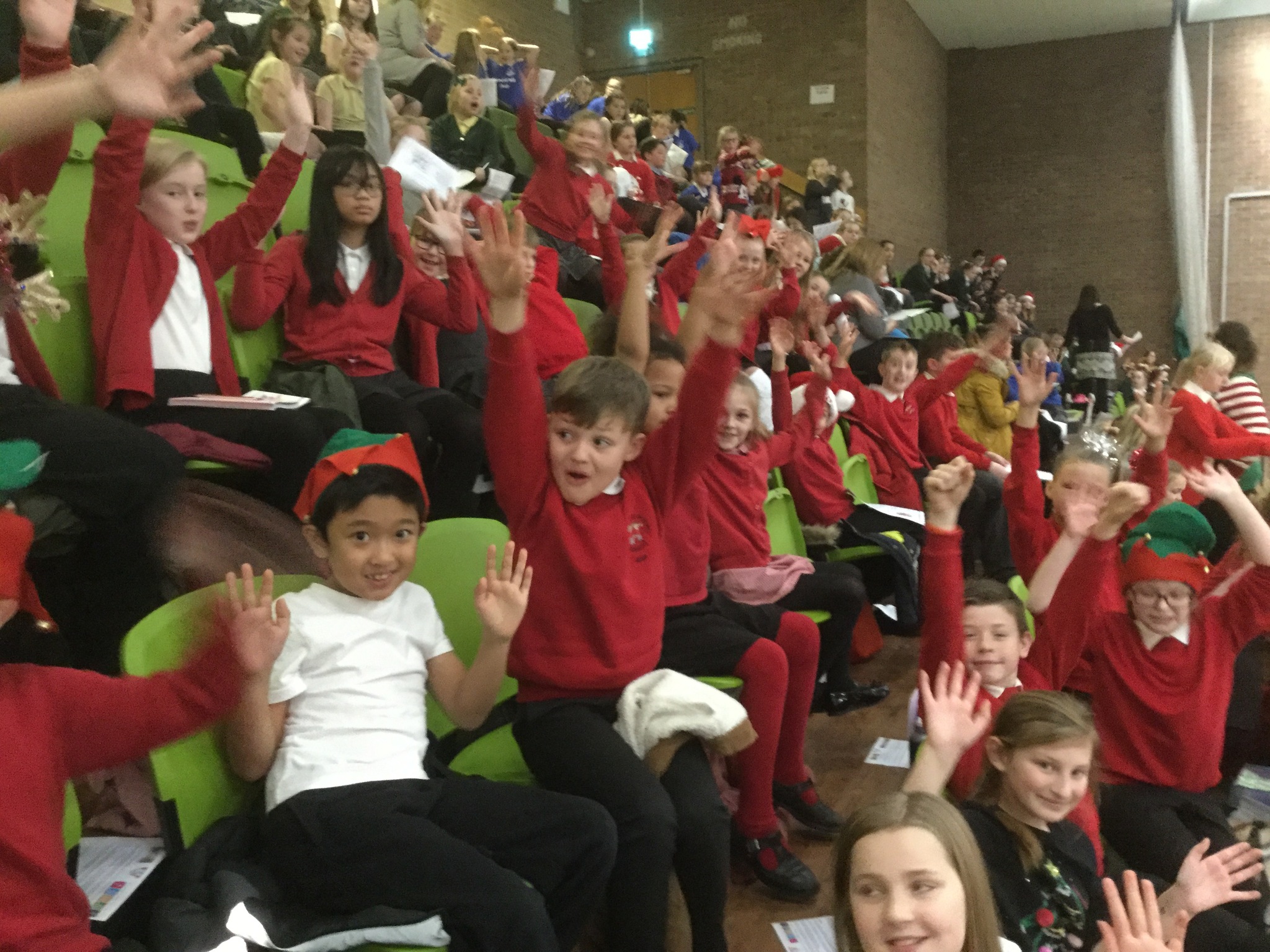
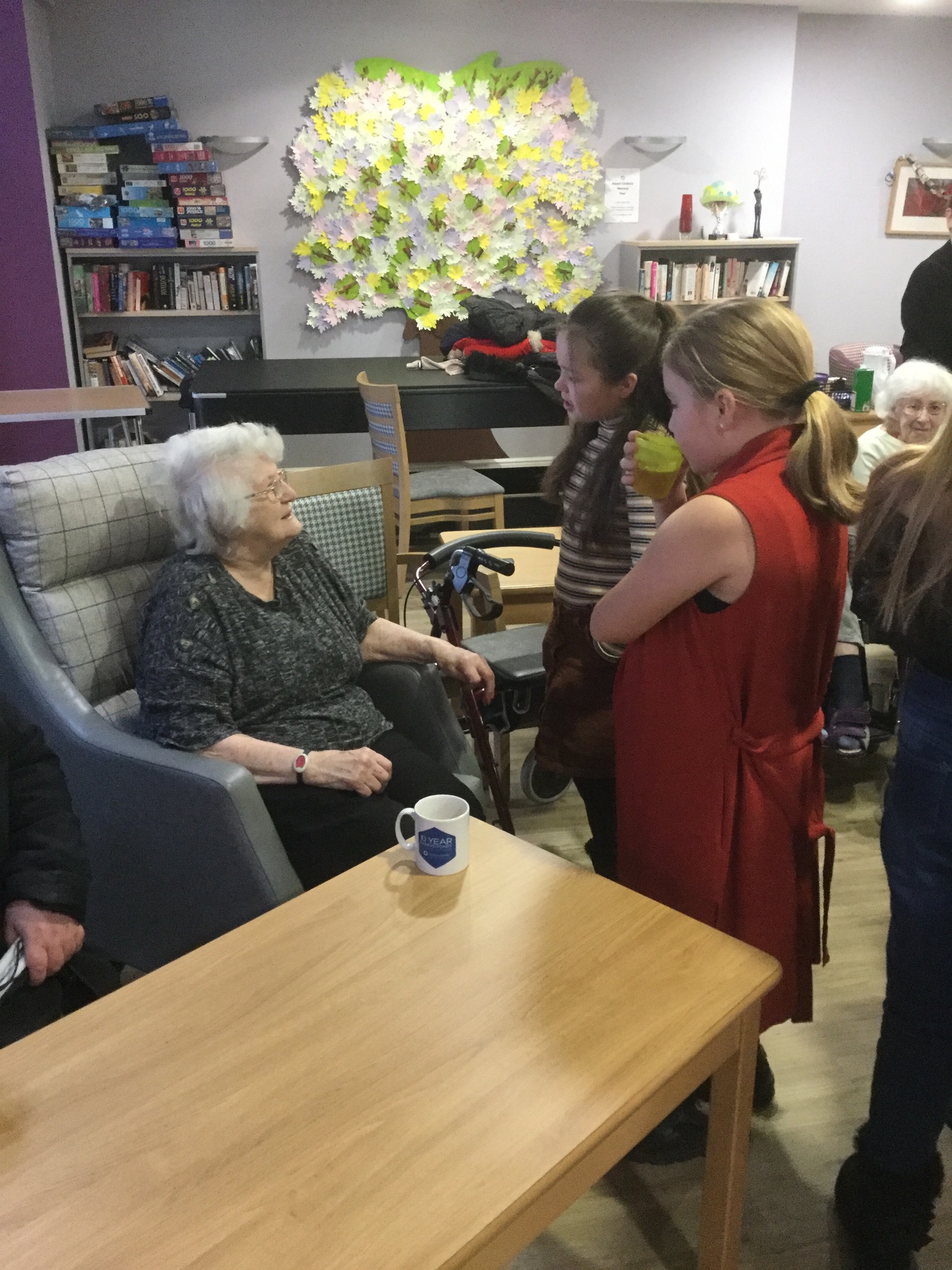
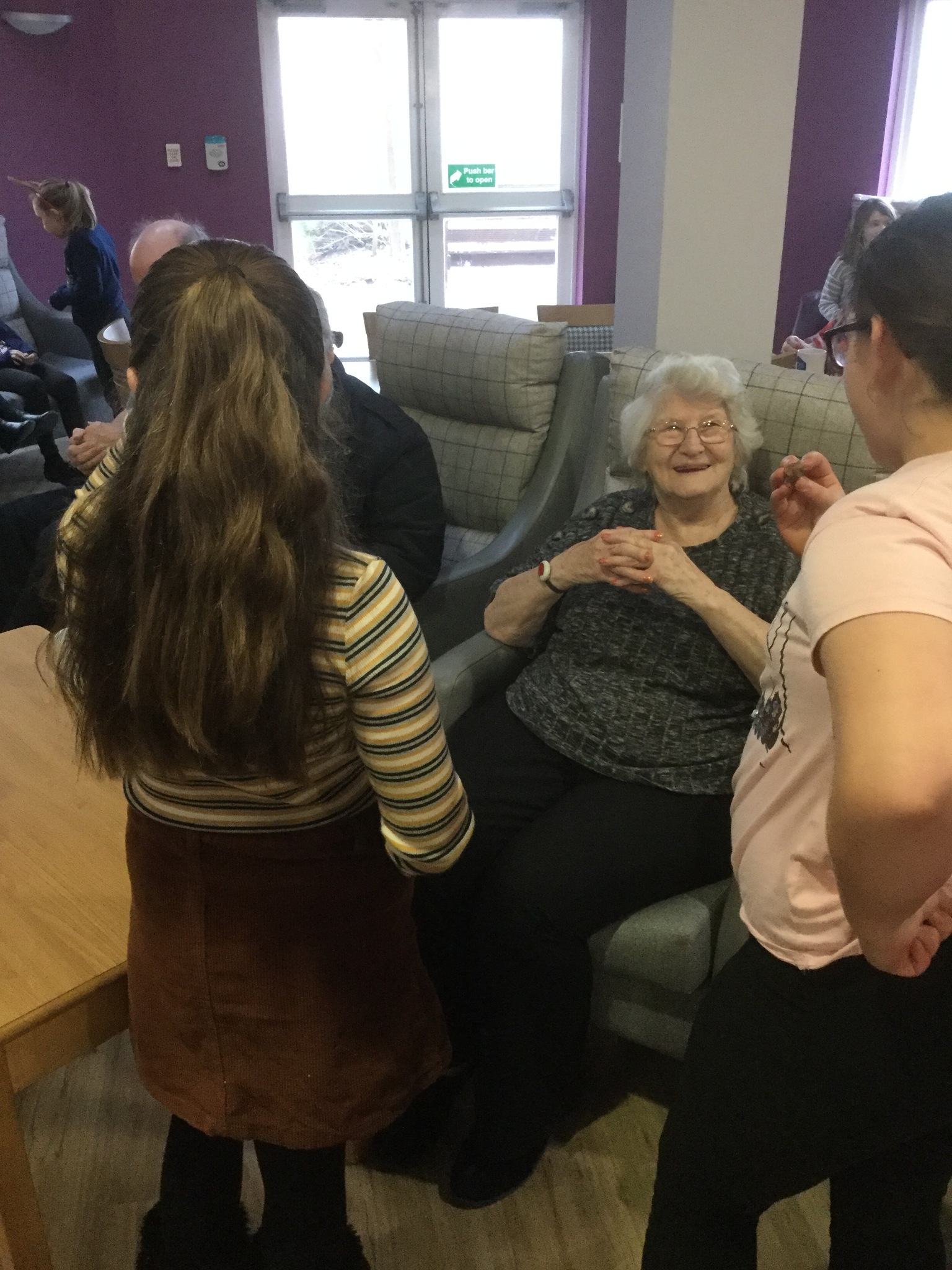
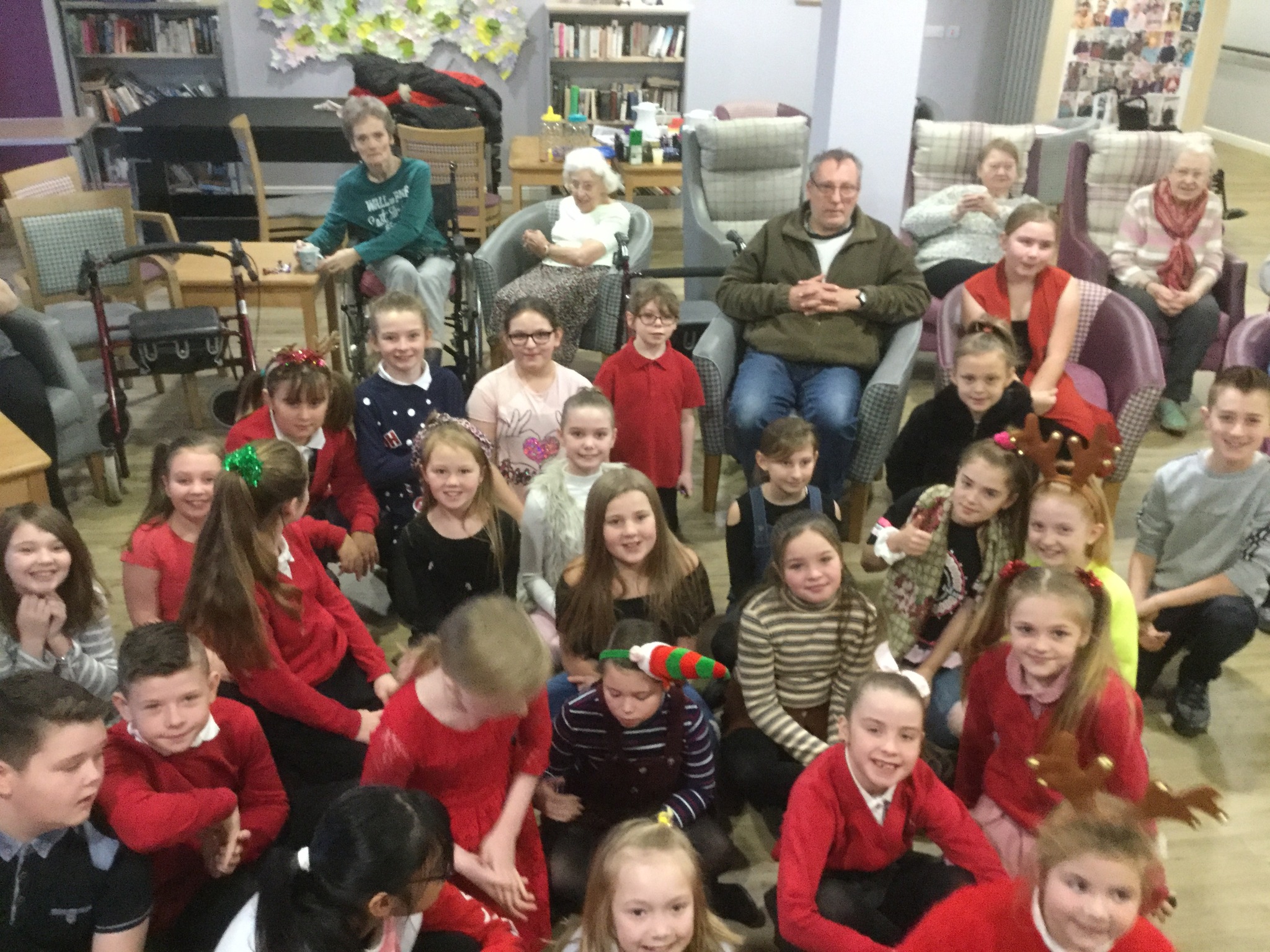
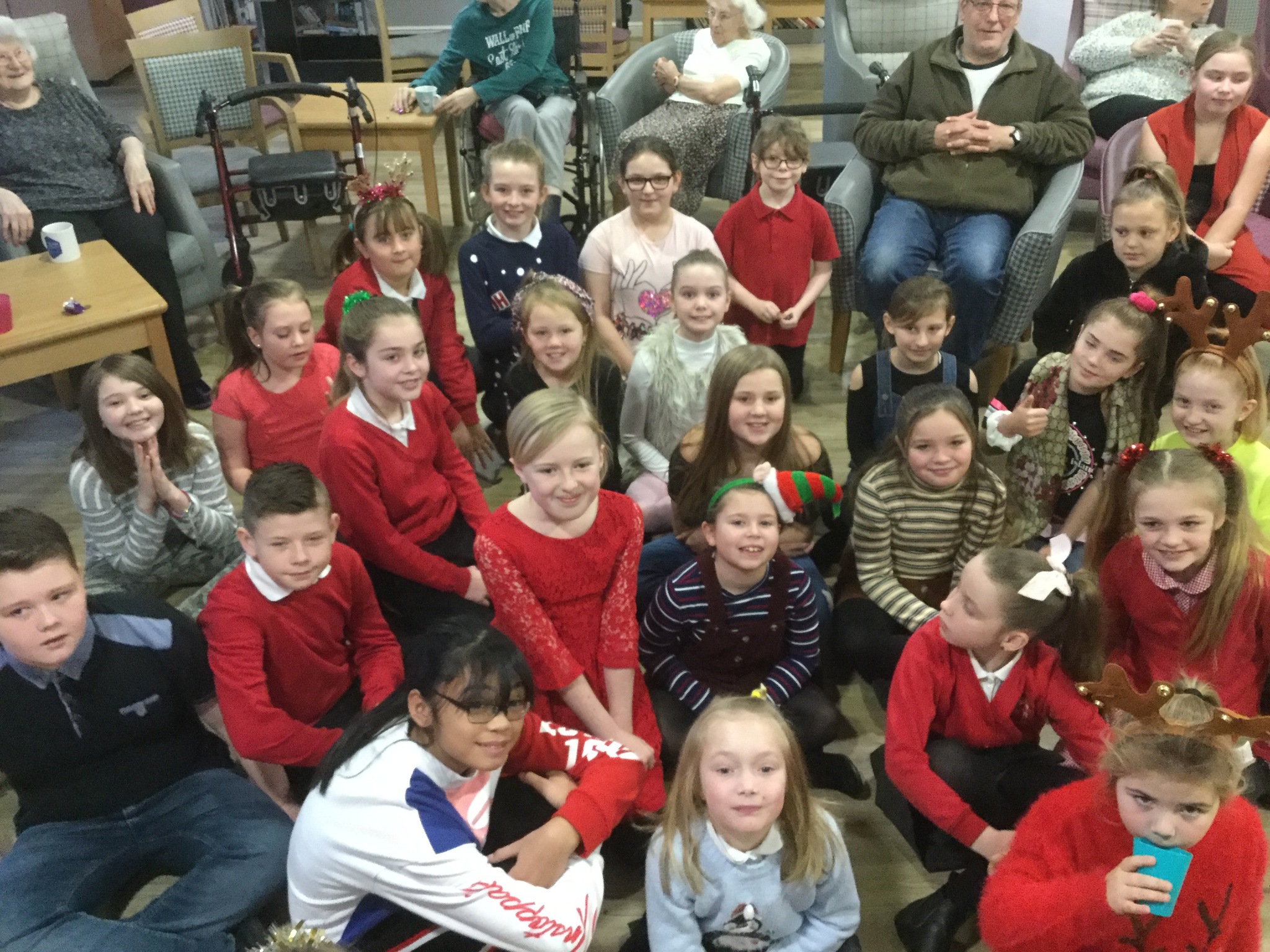

.JPG)